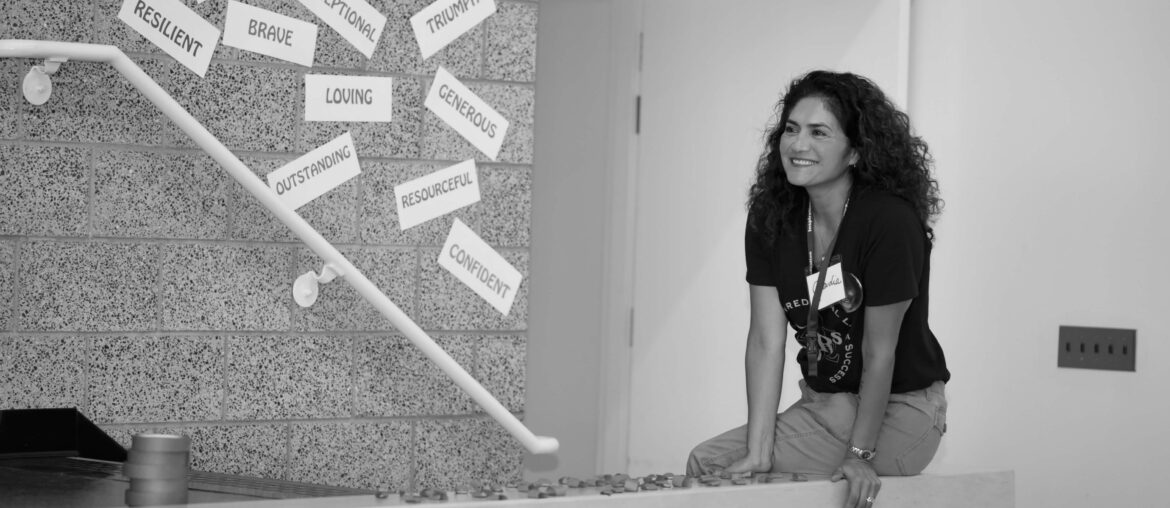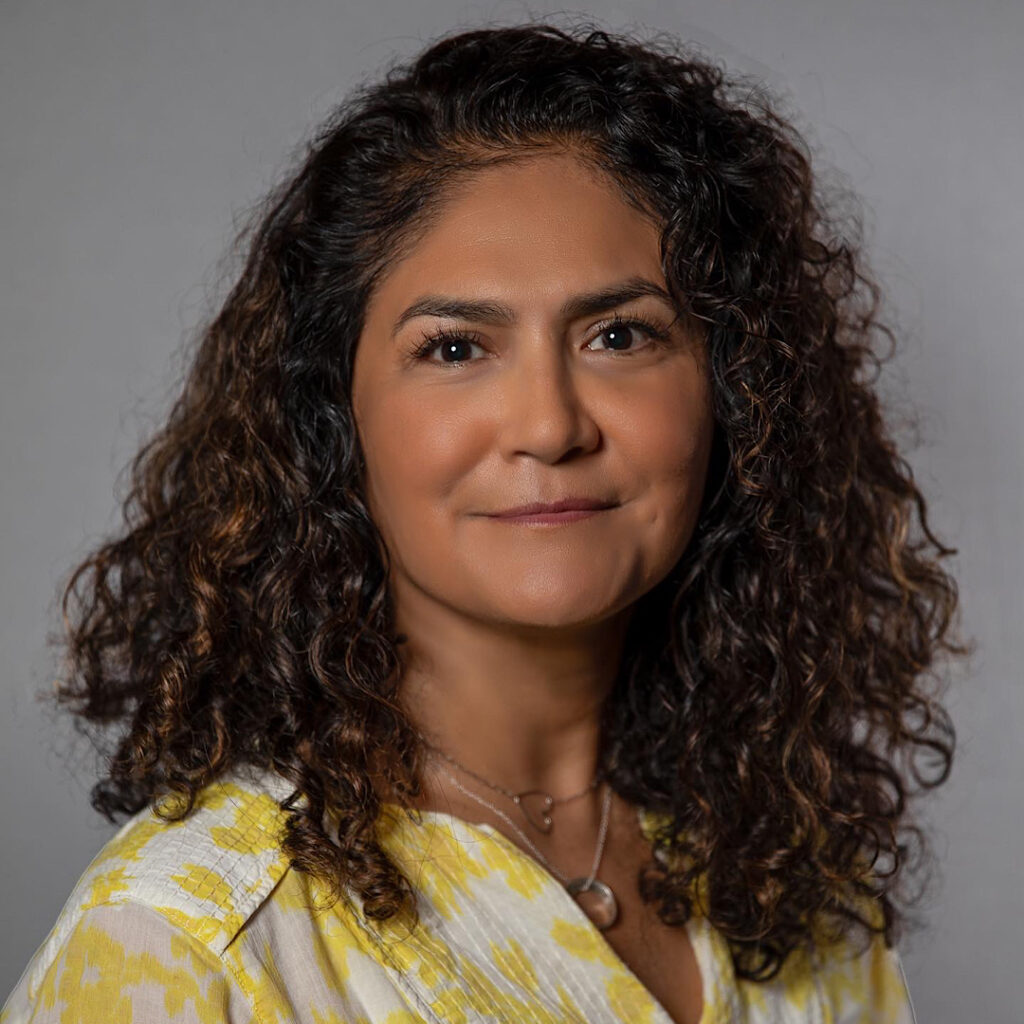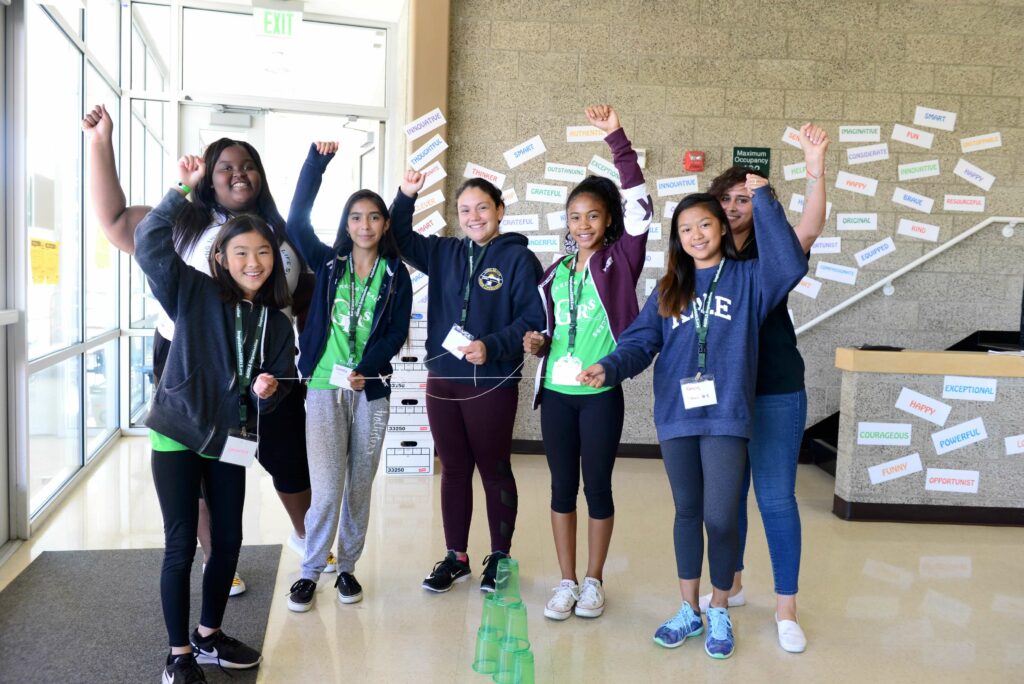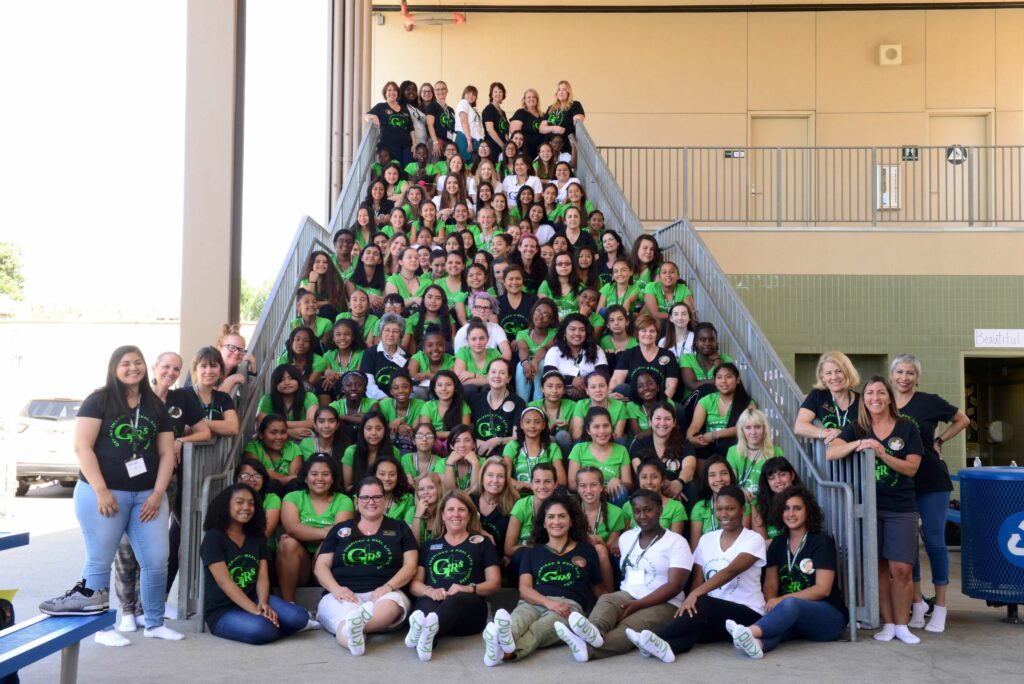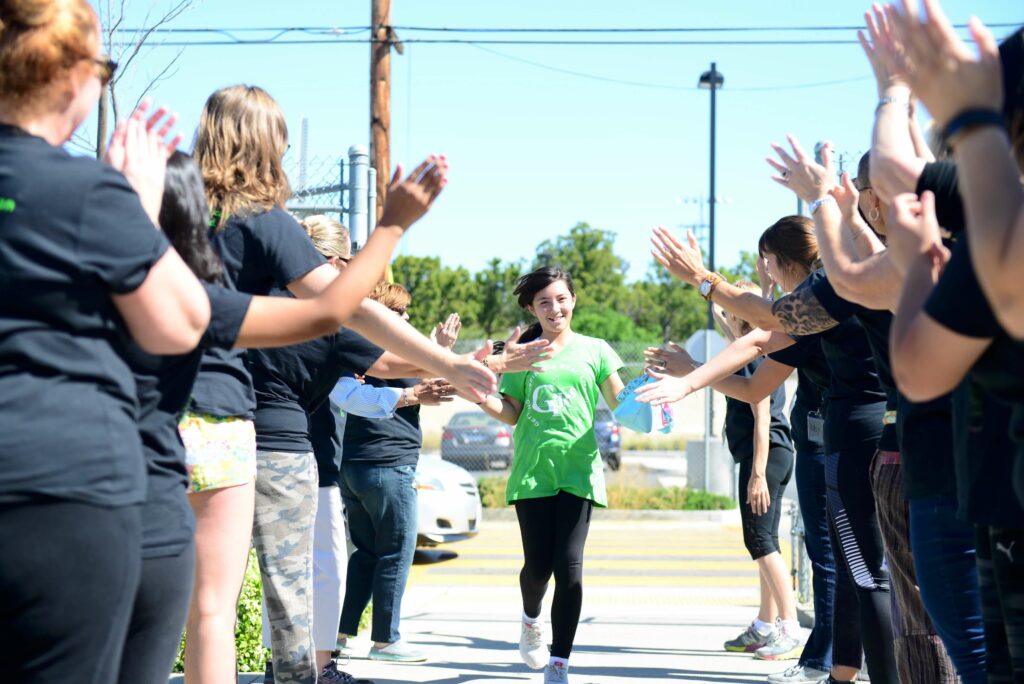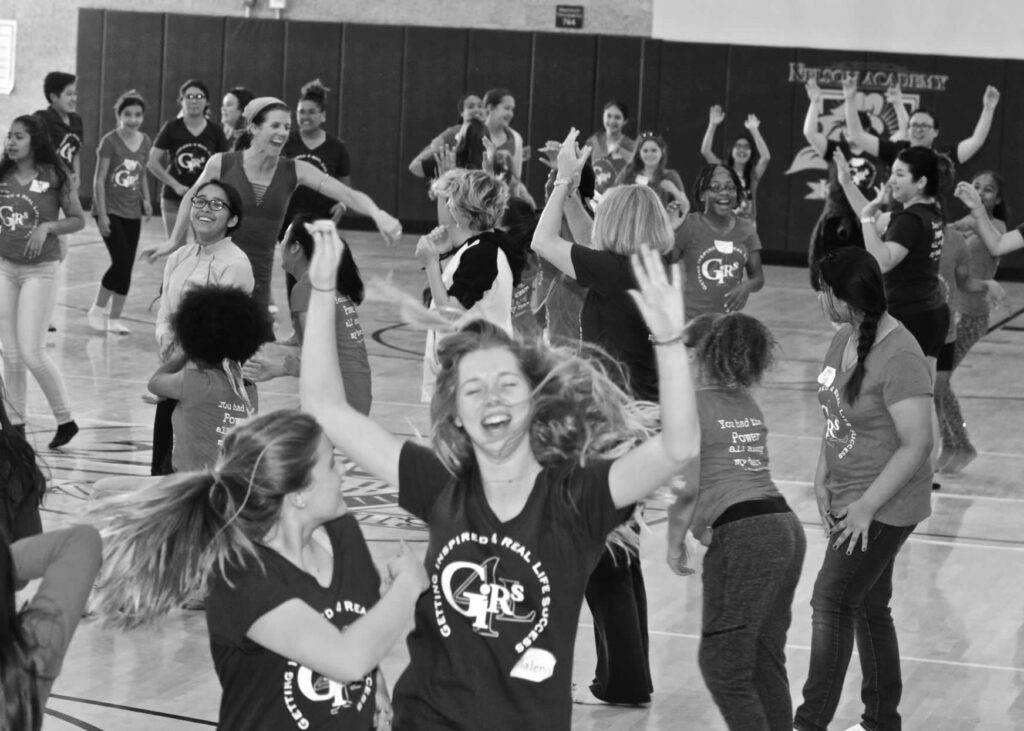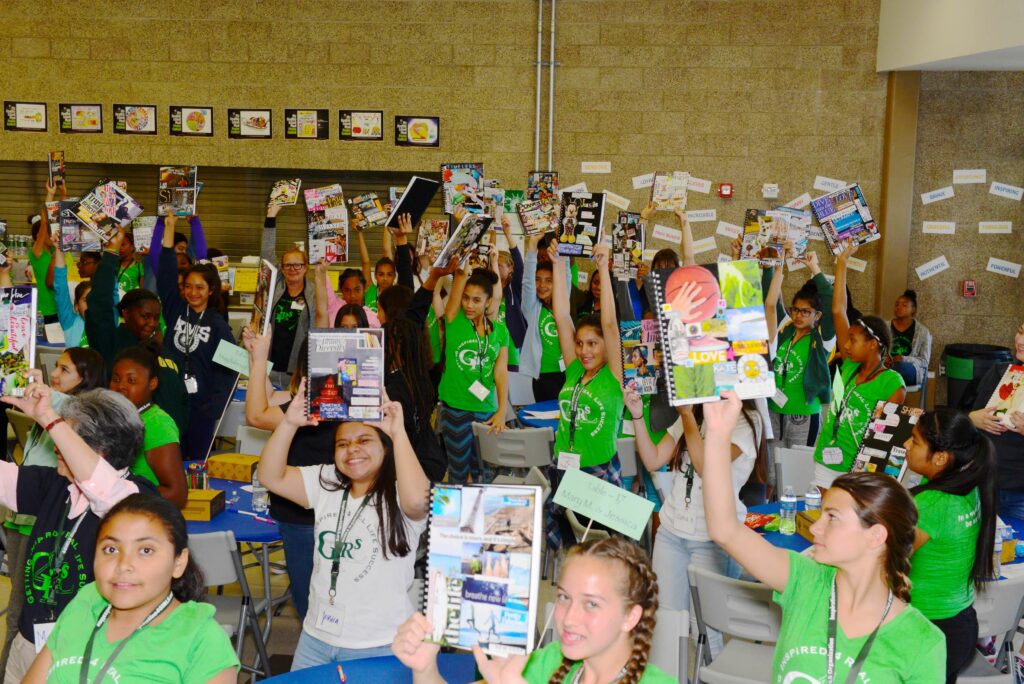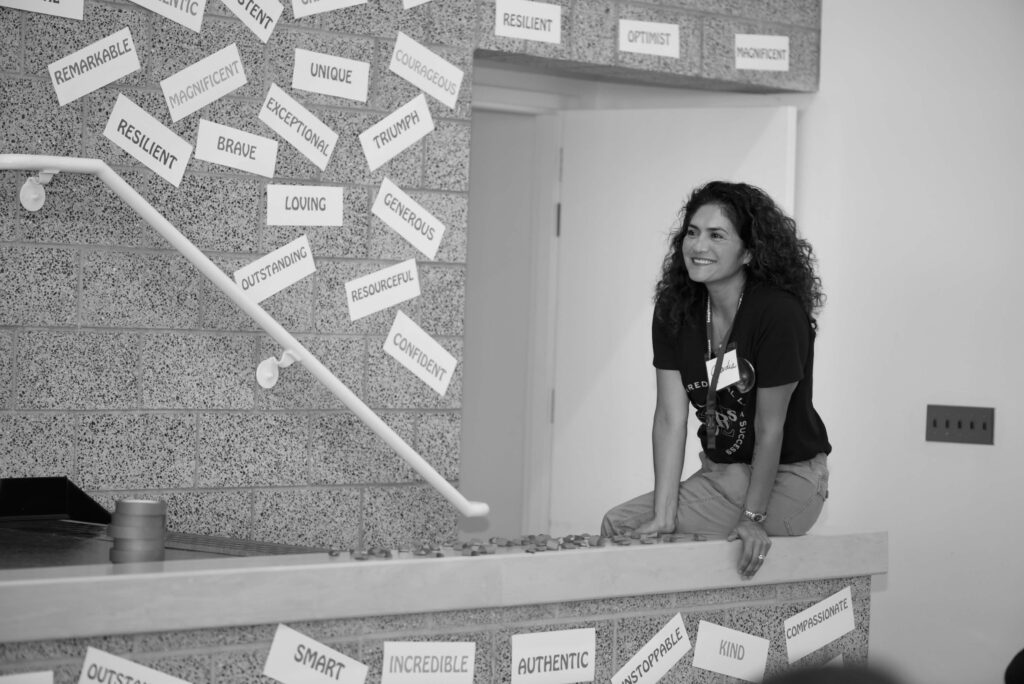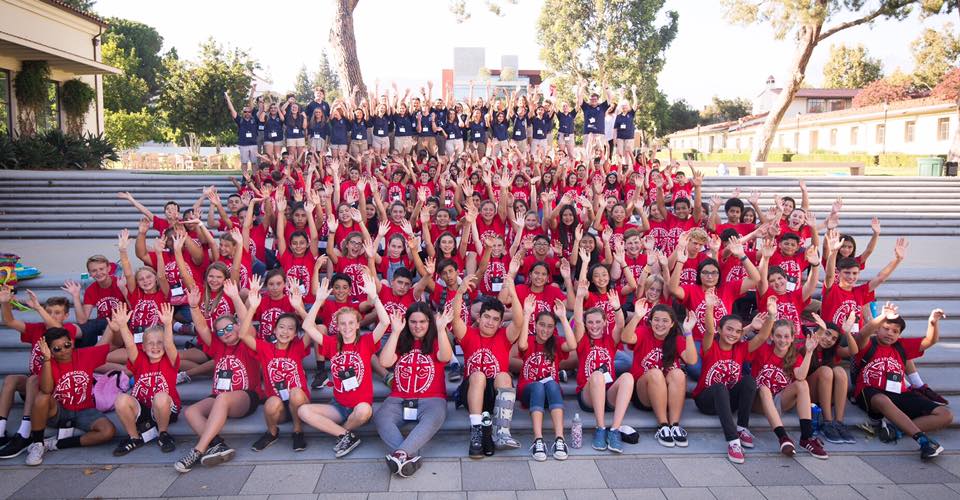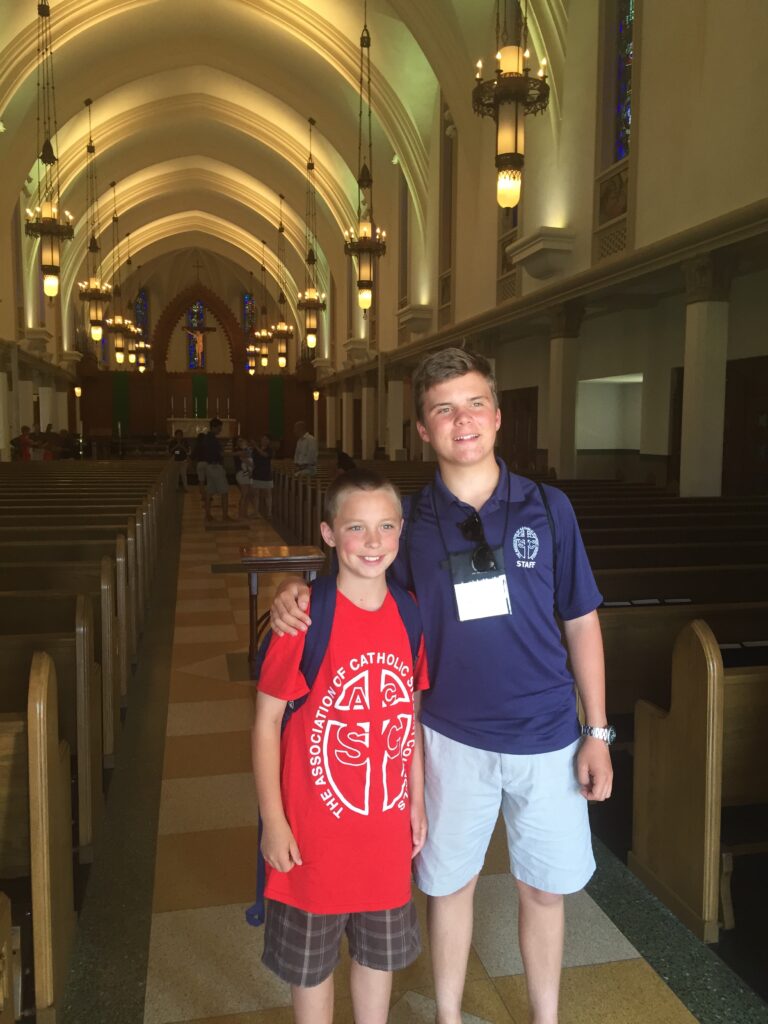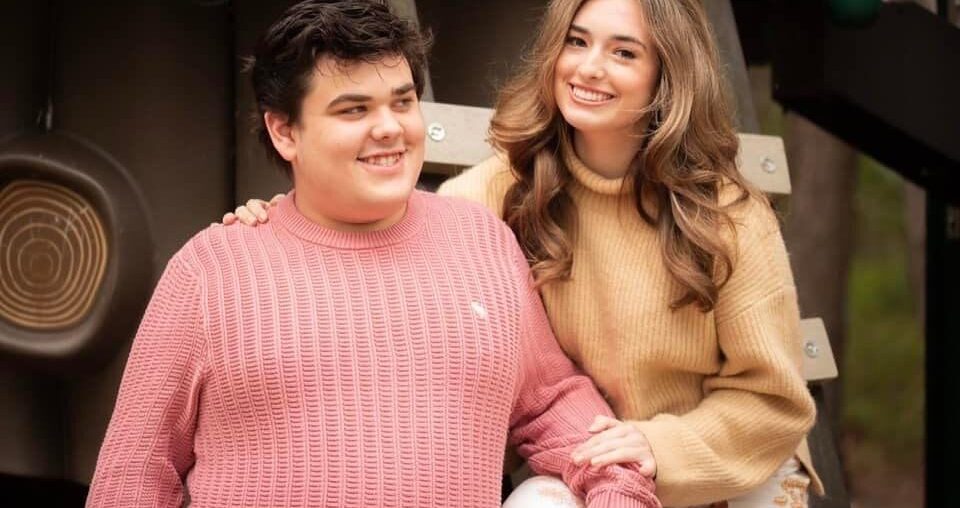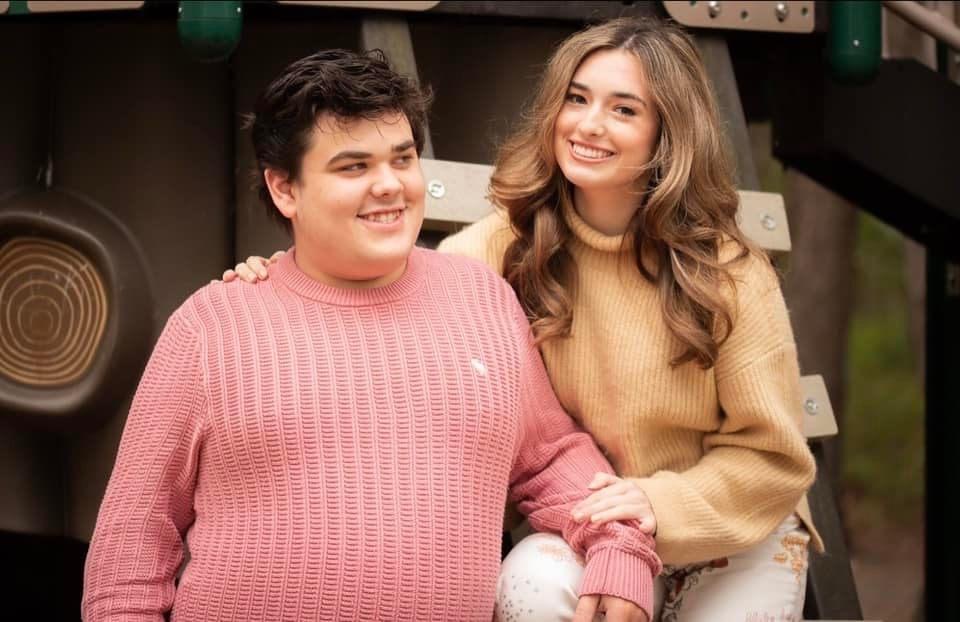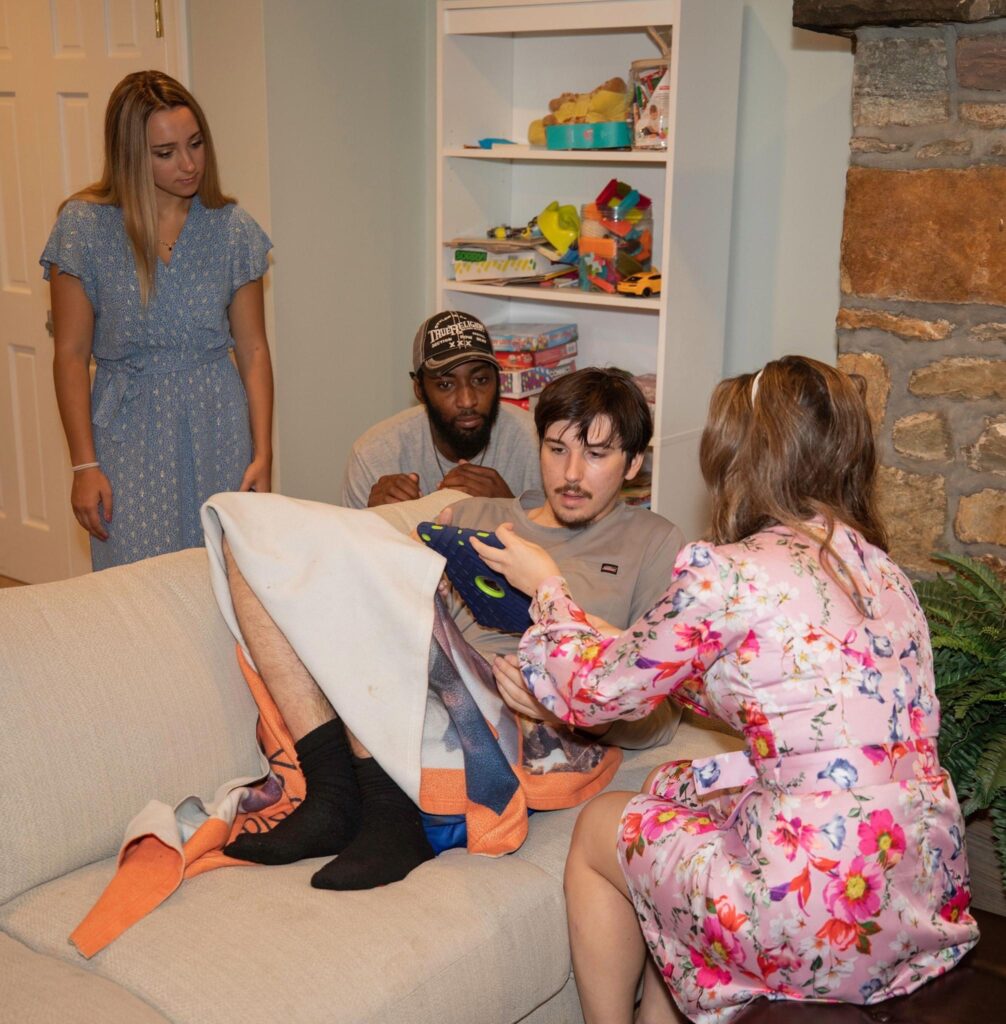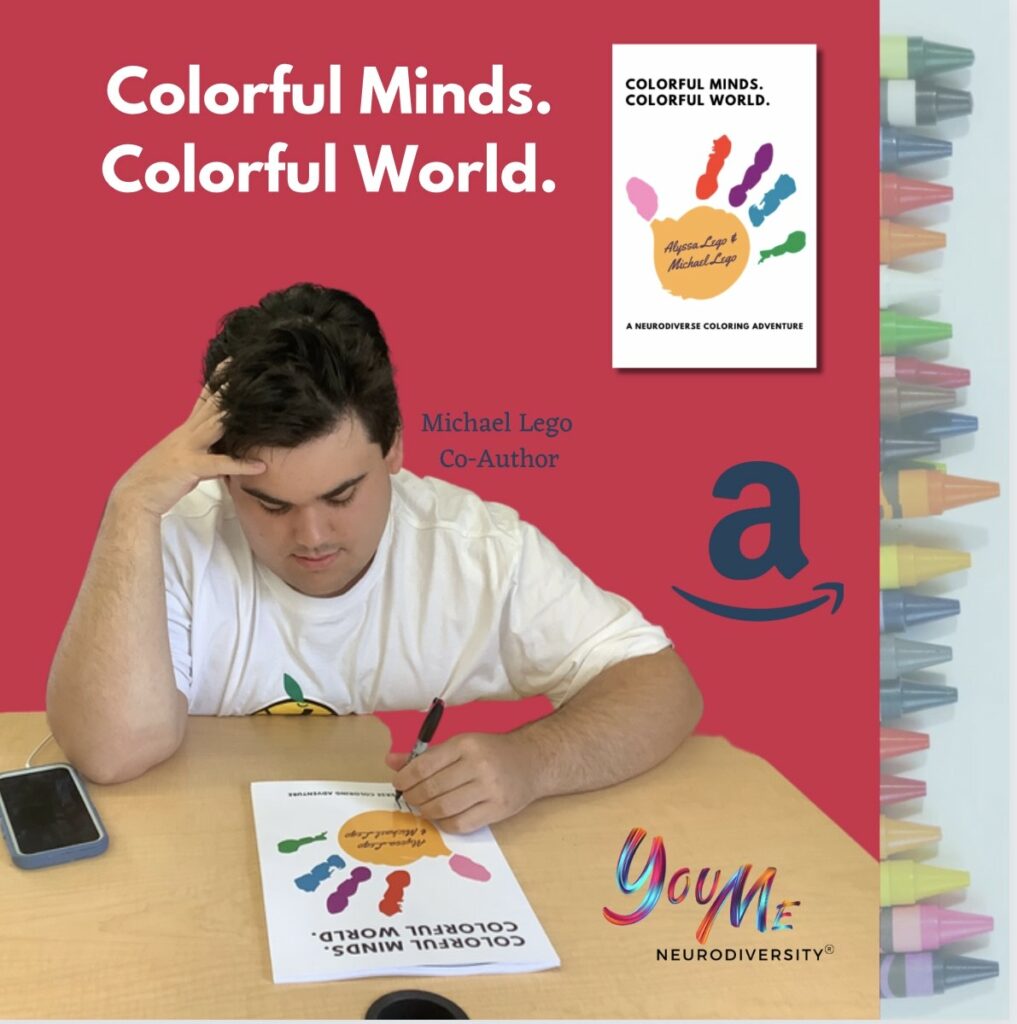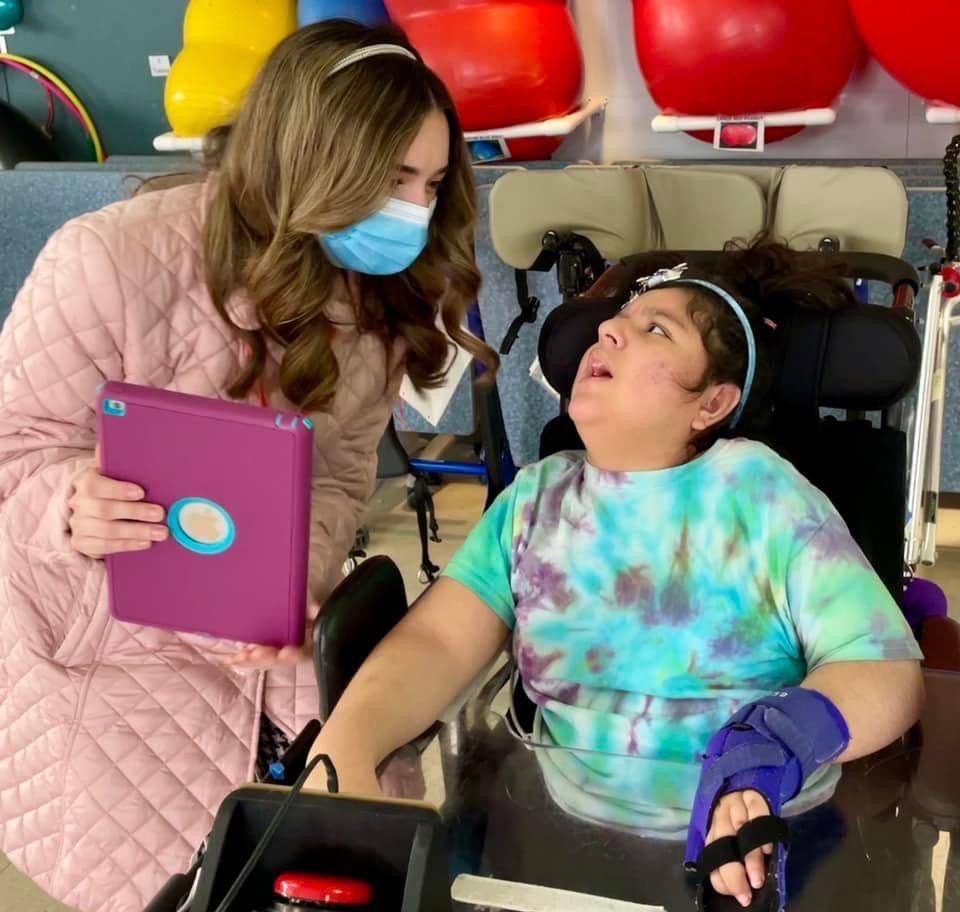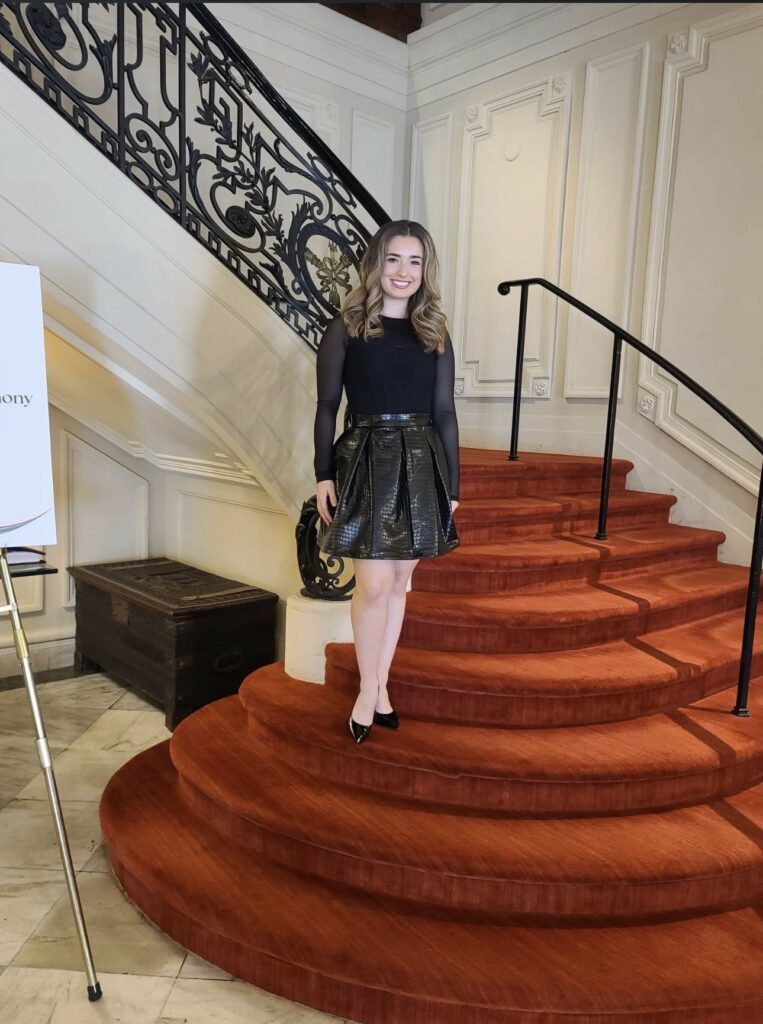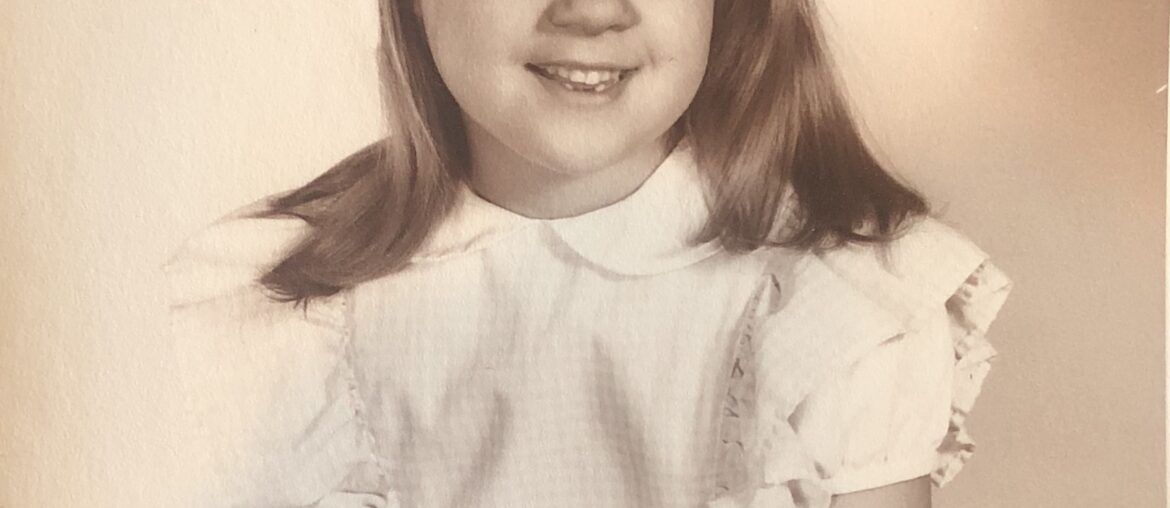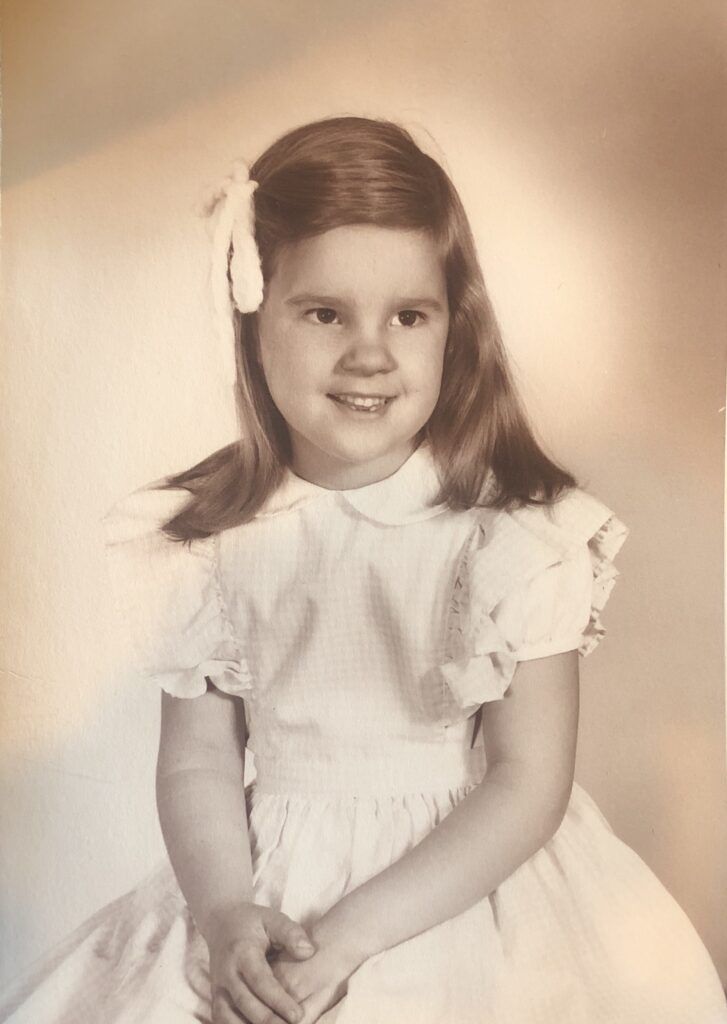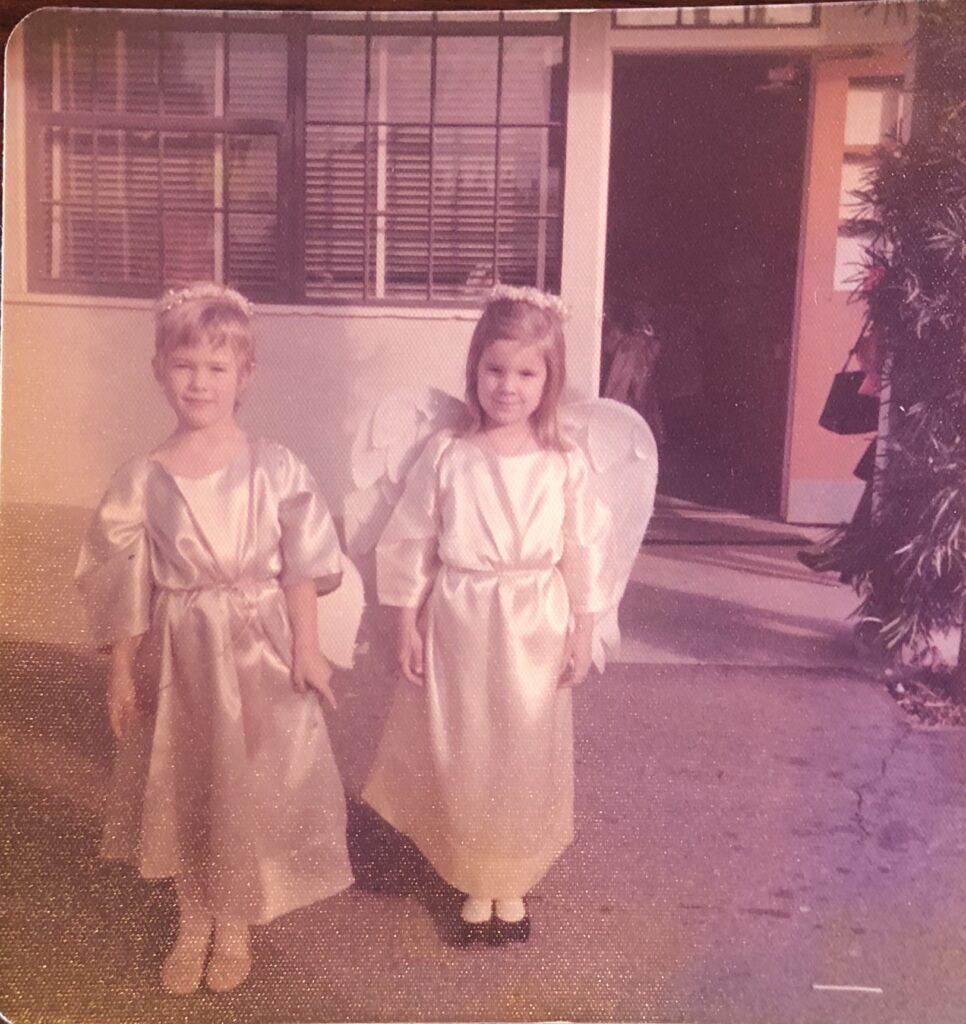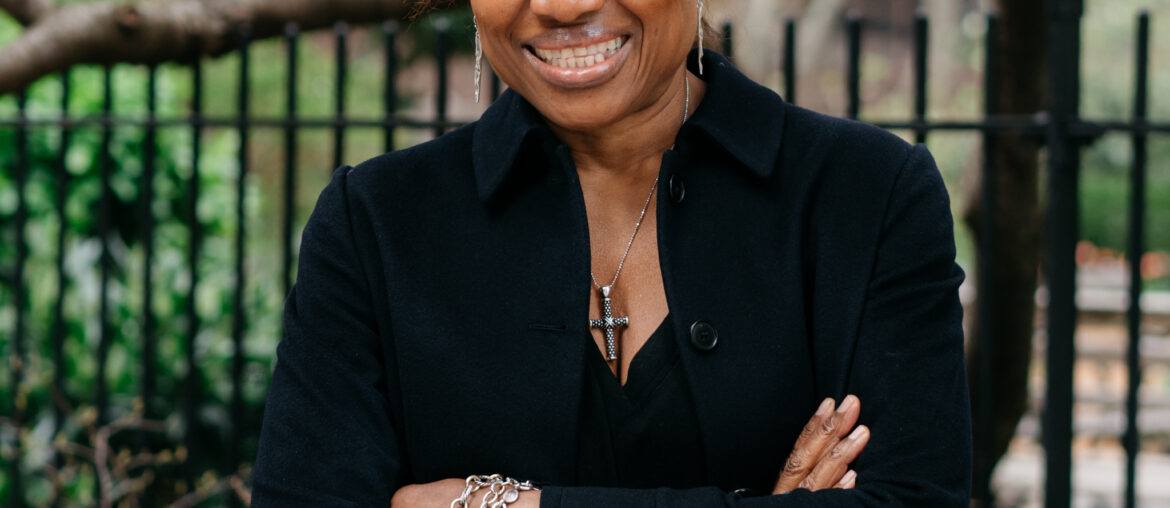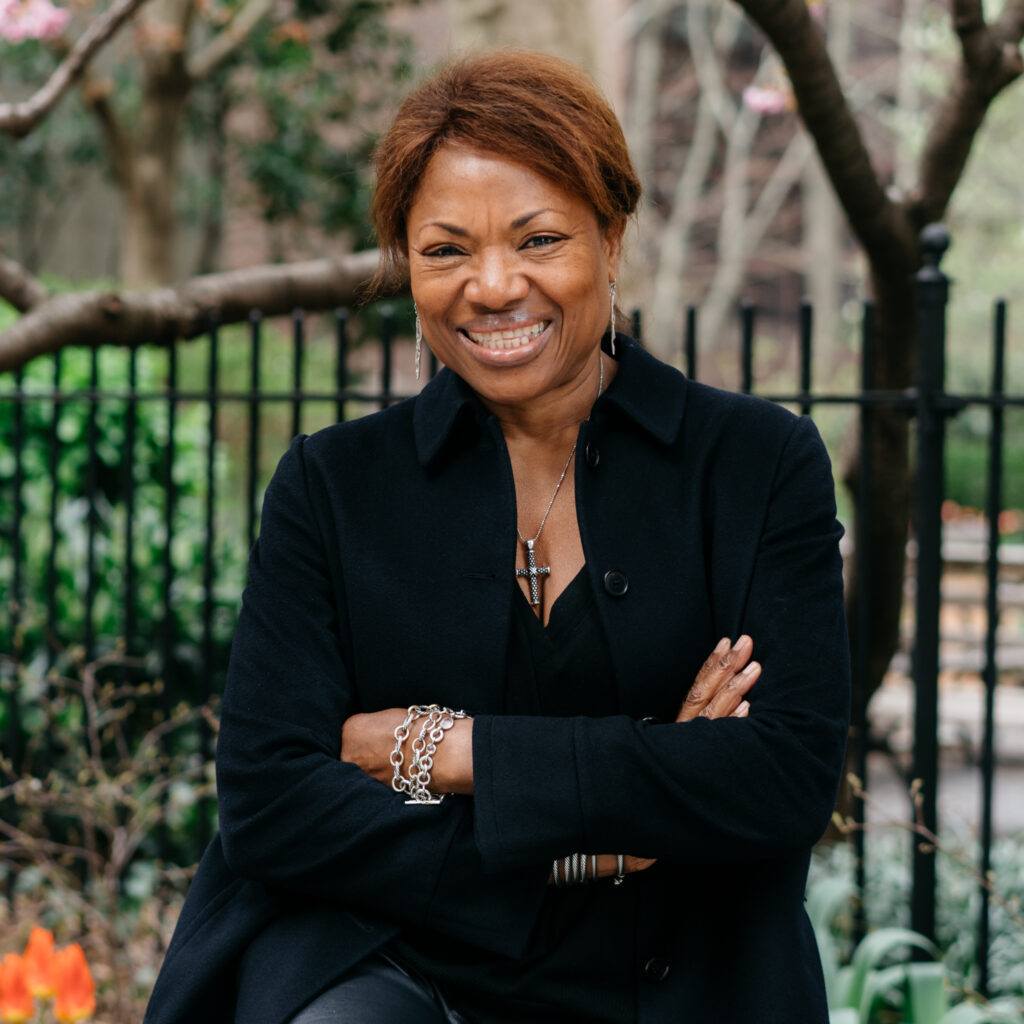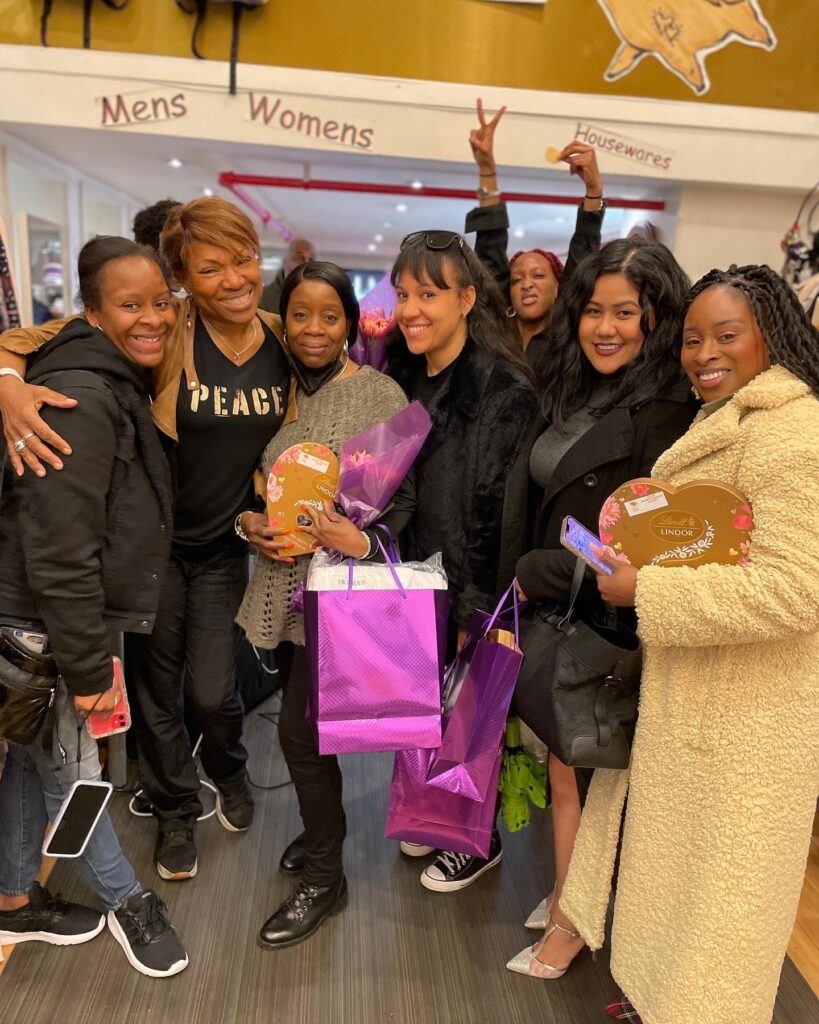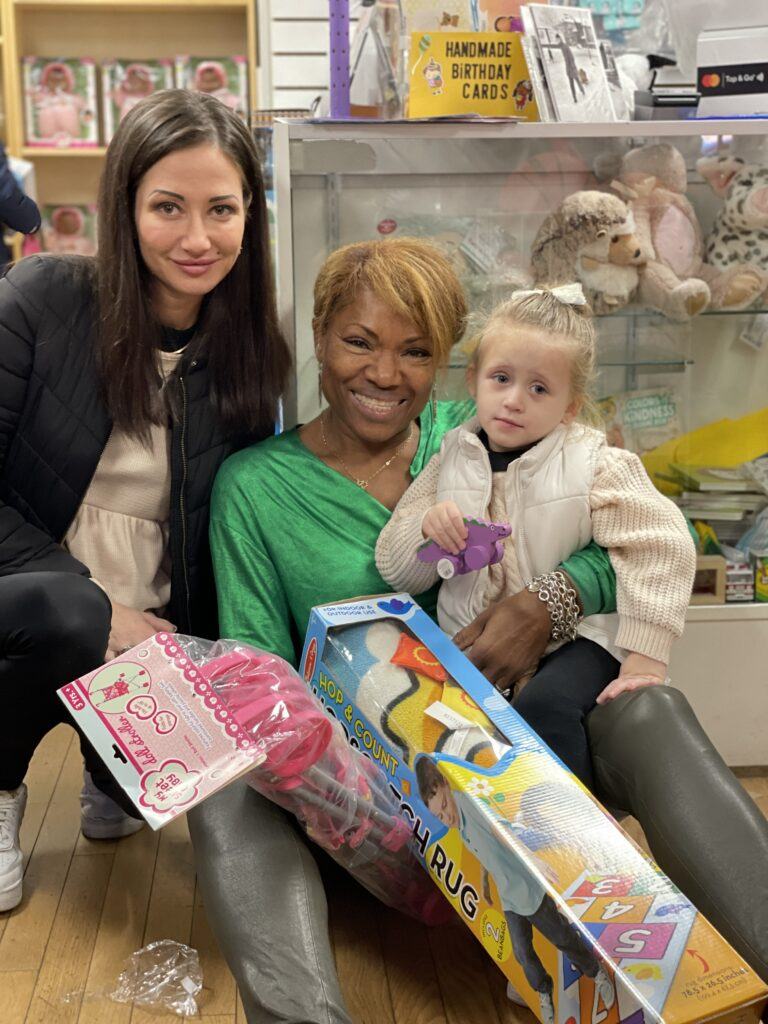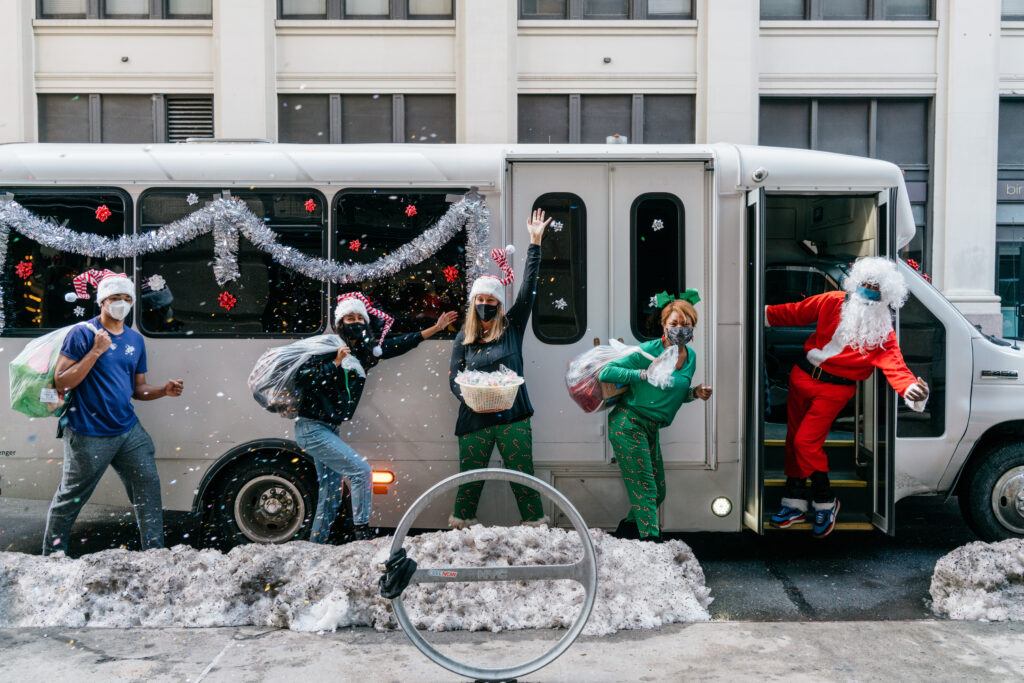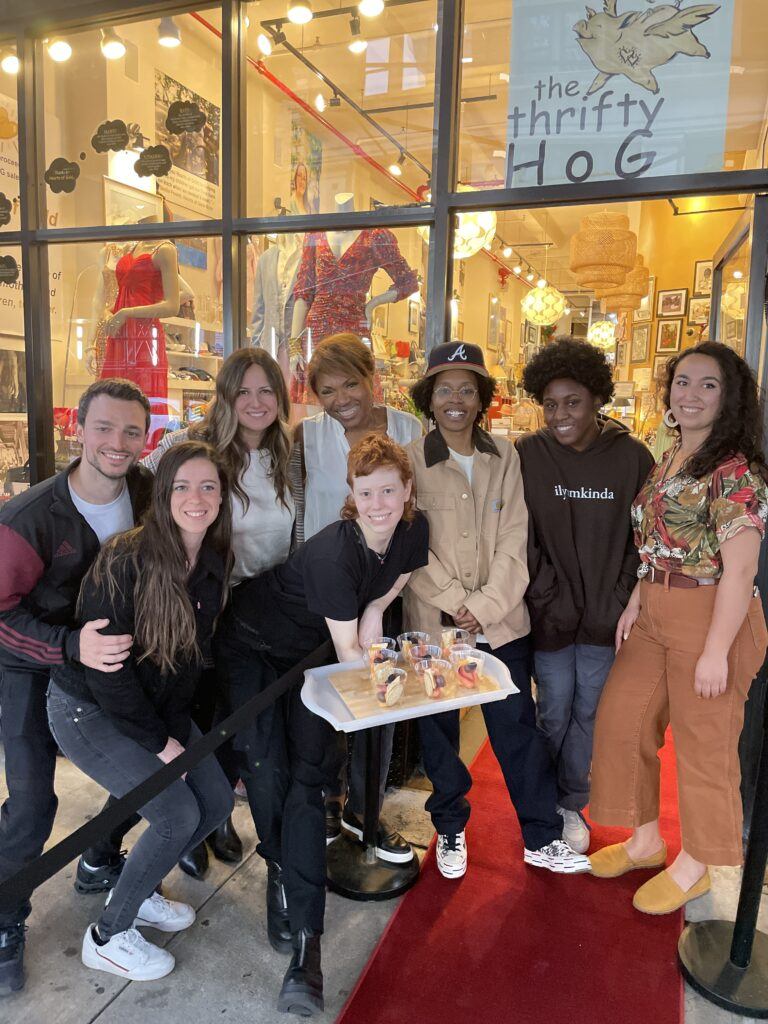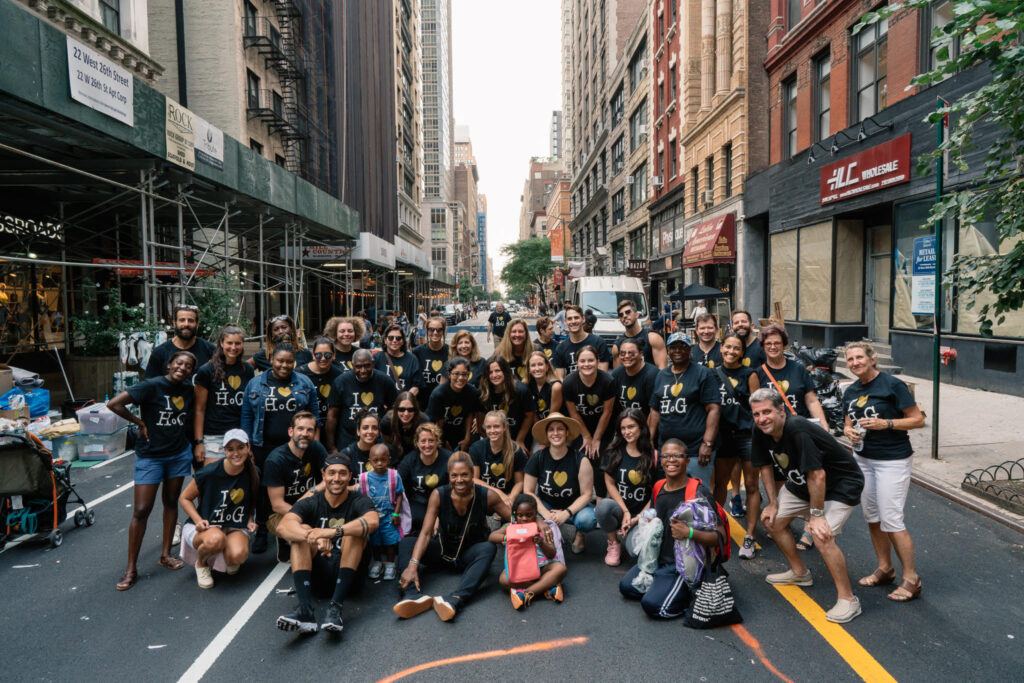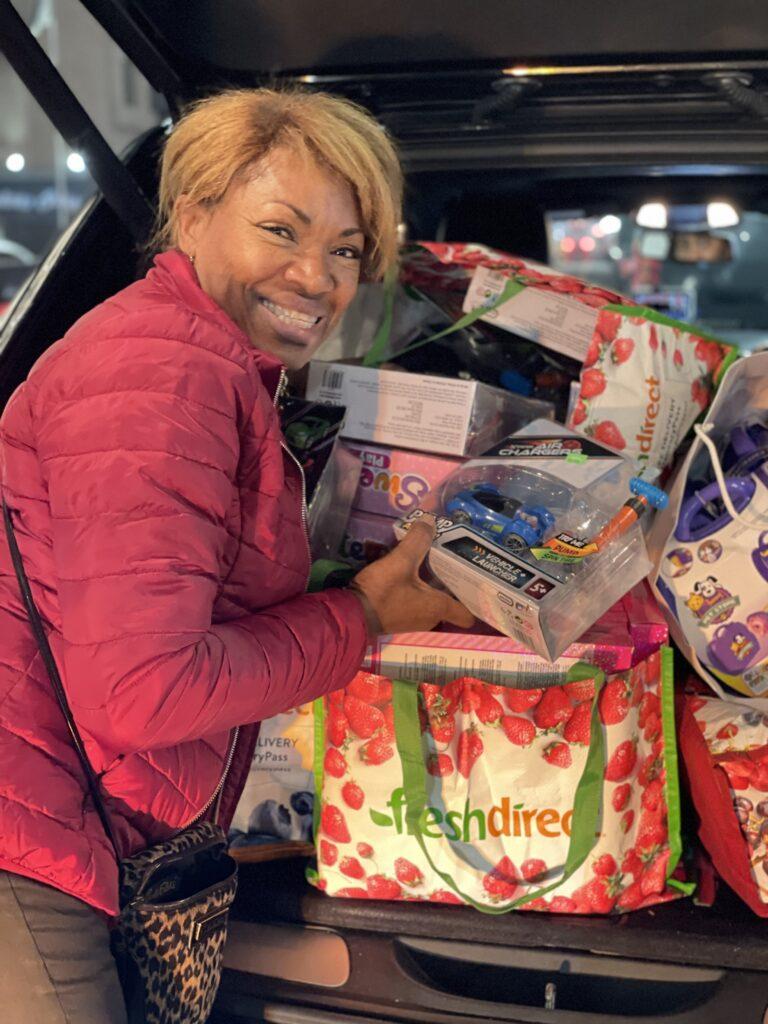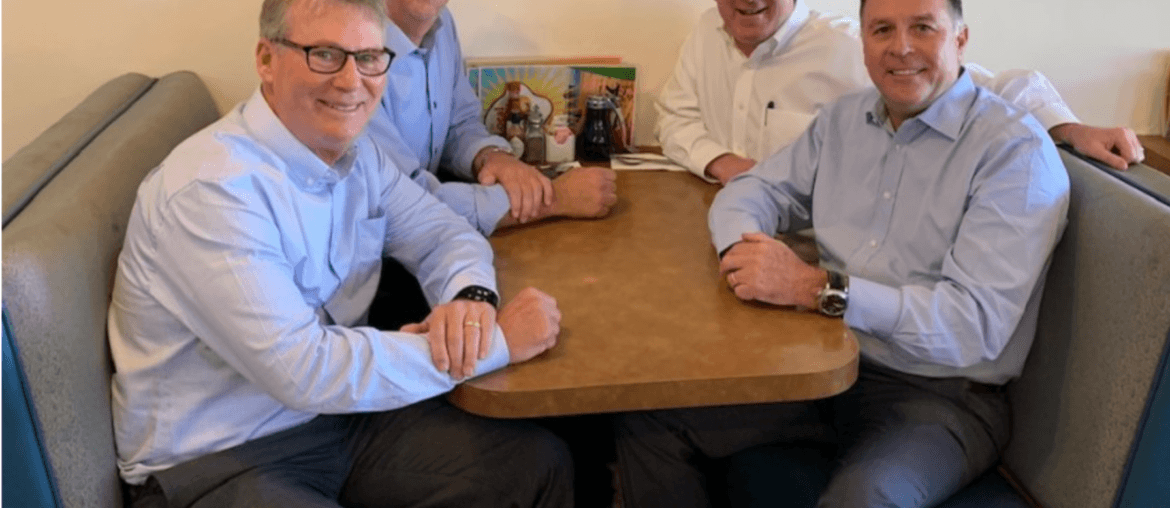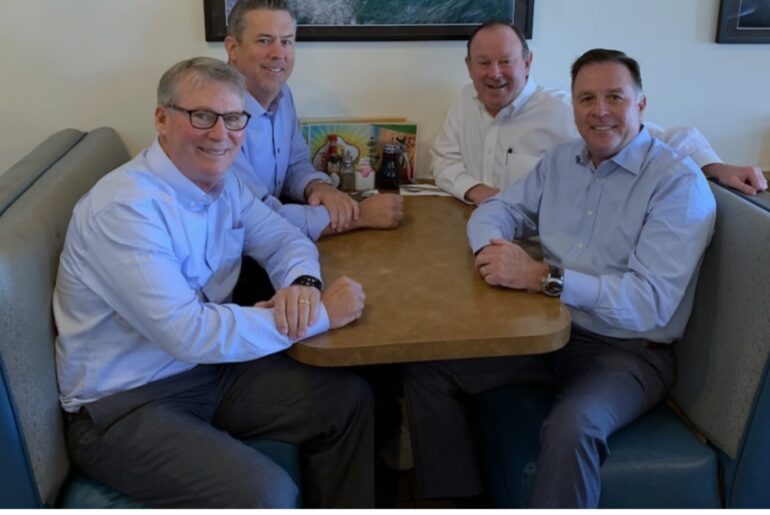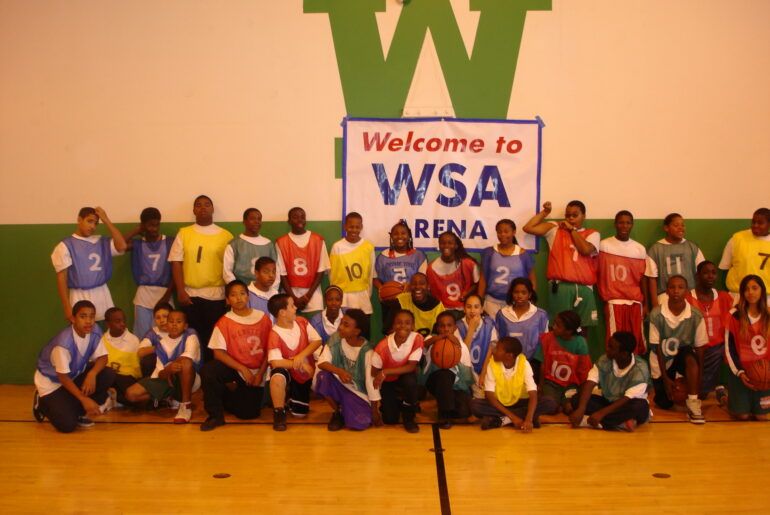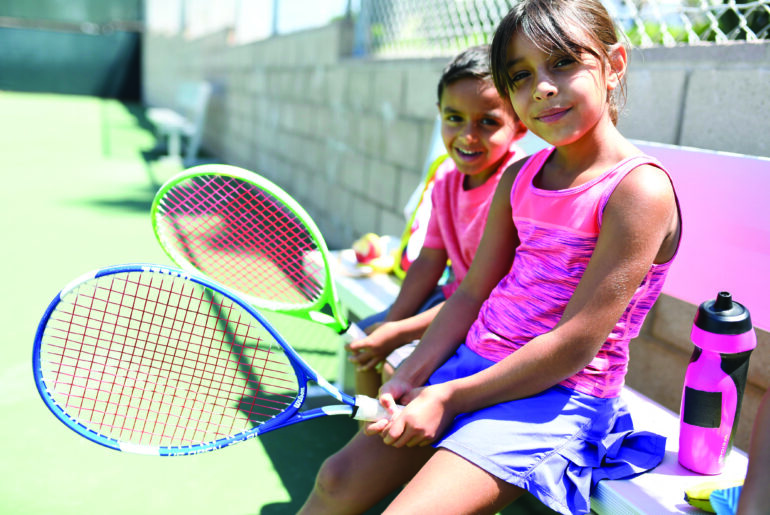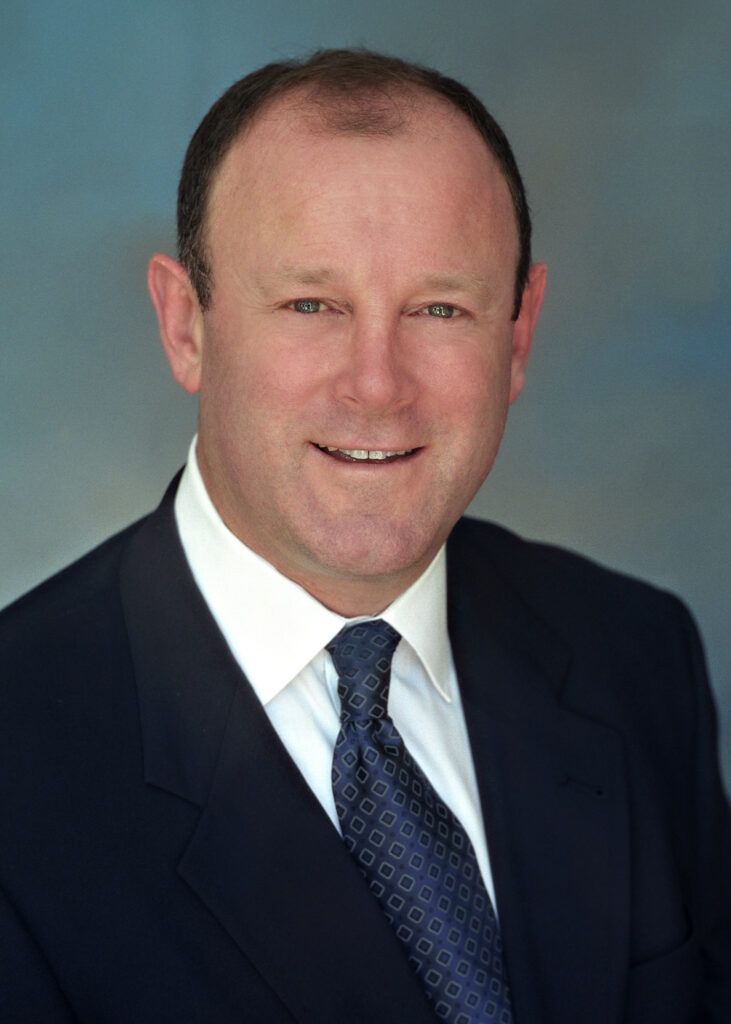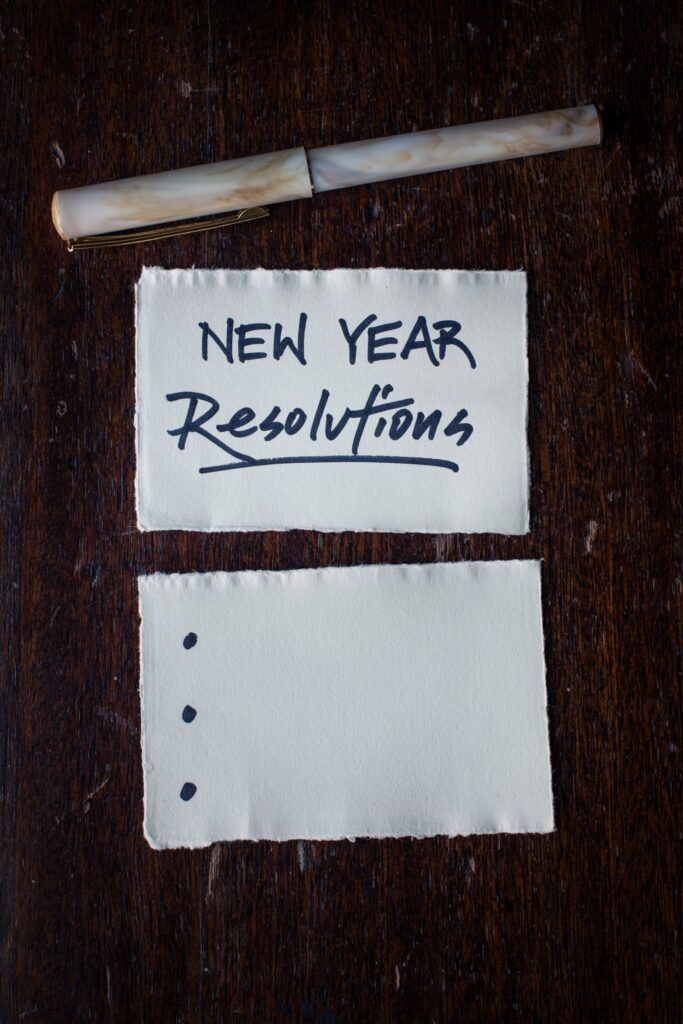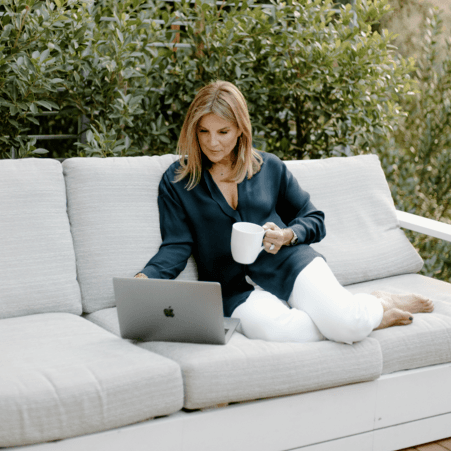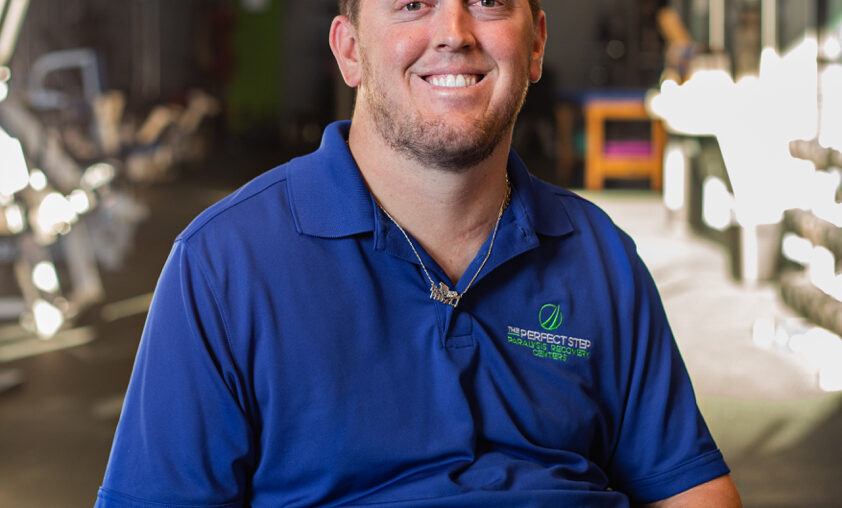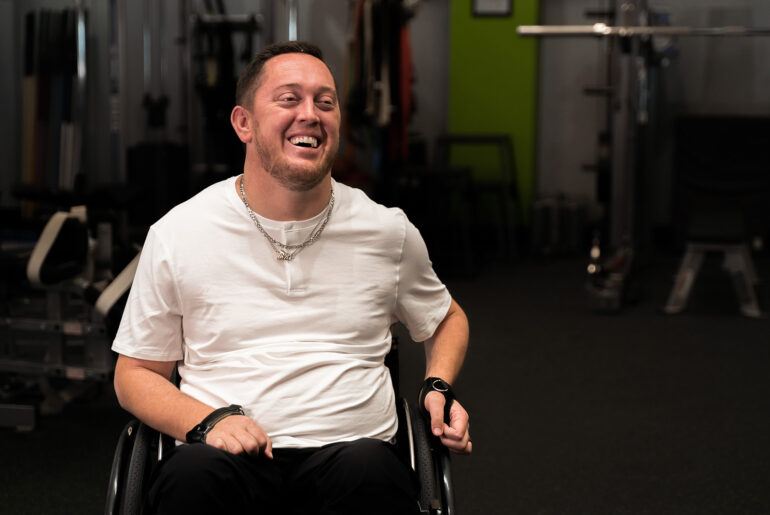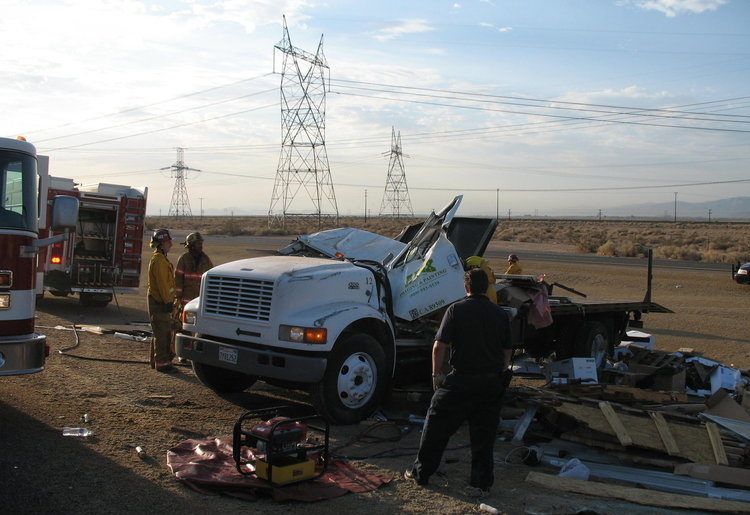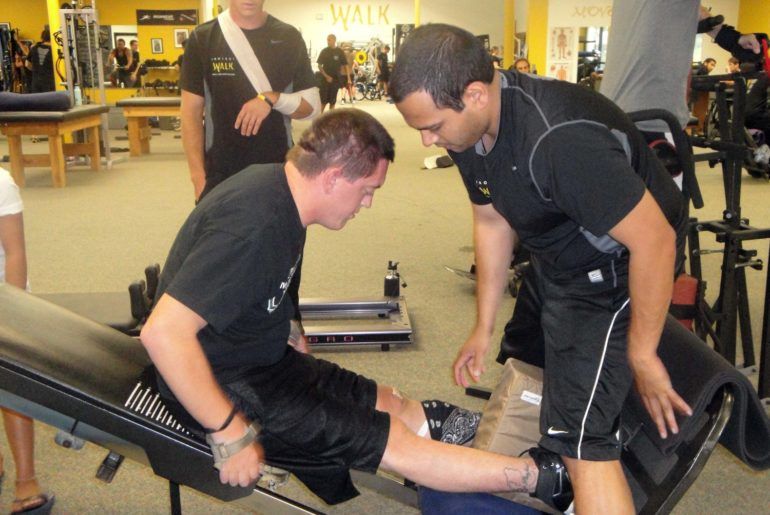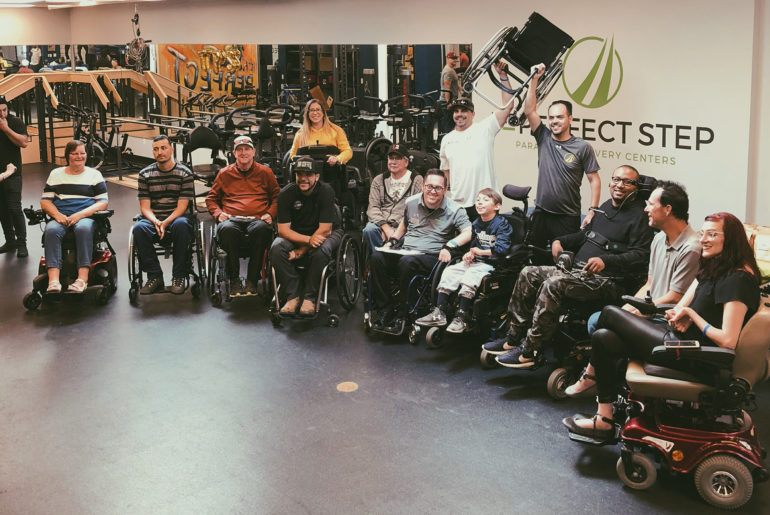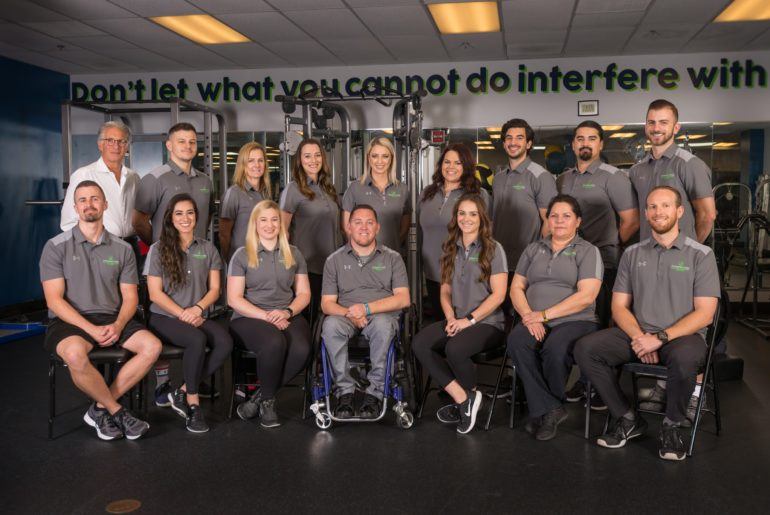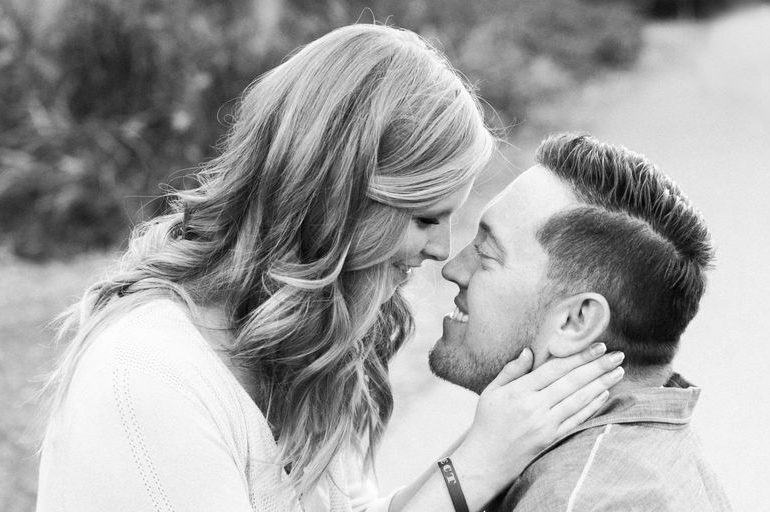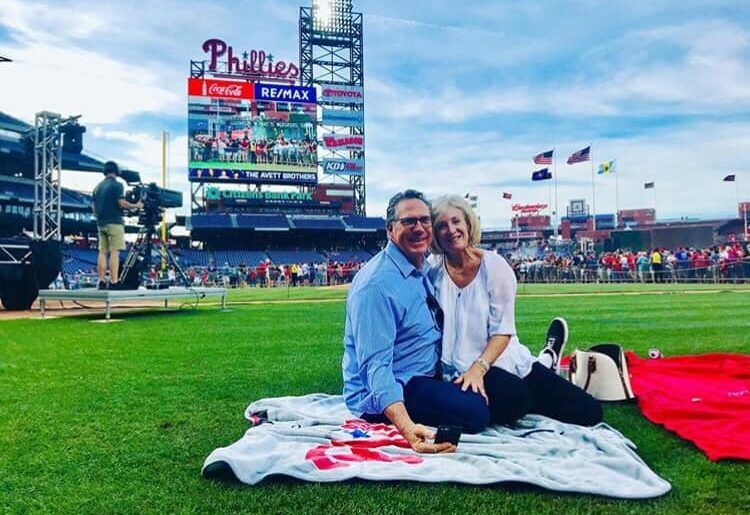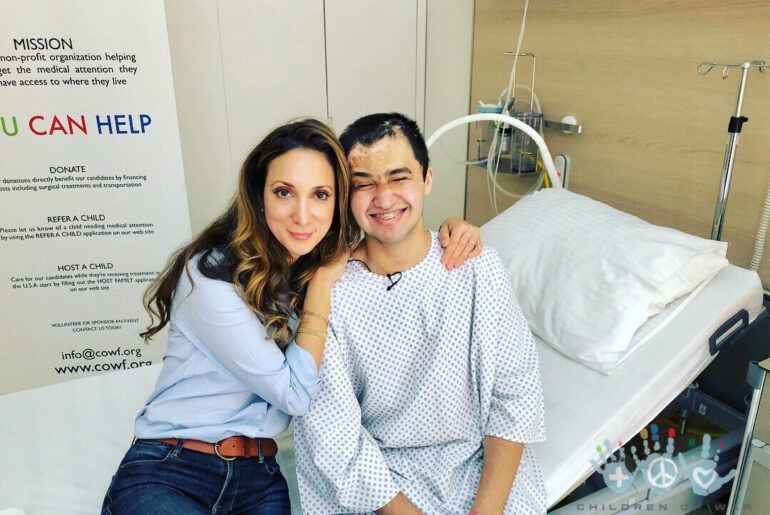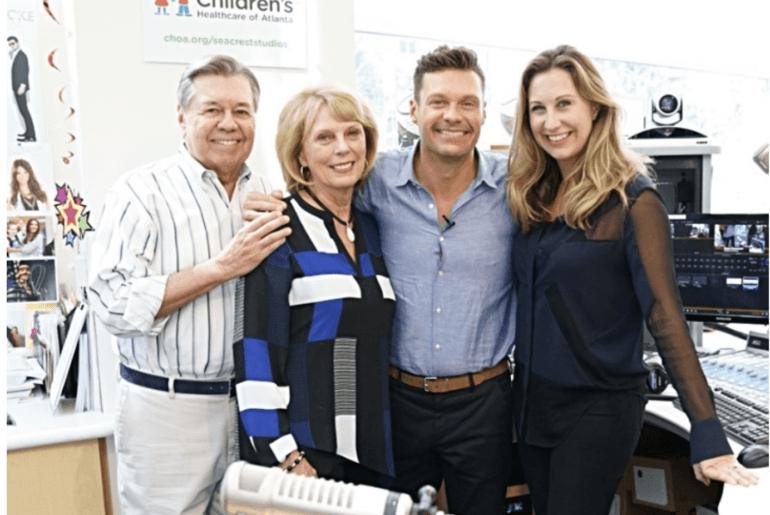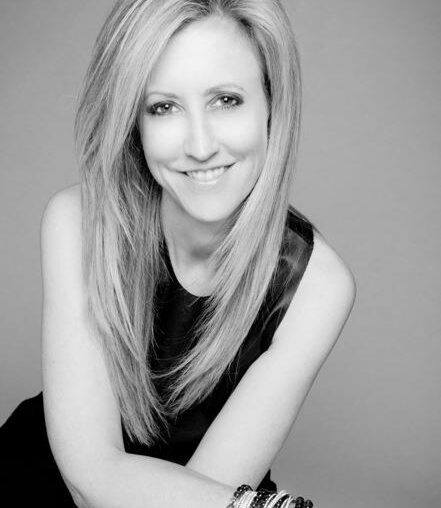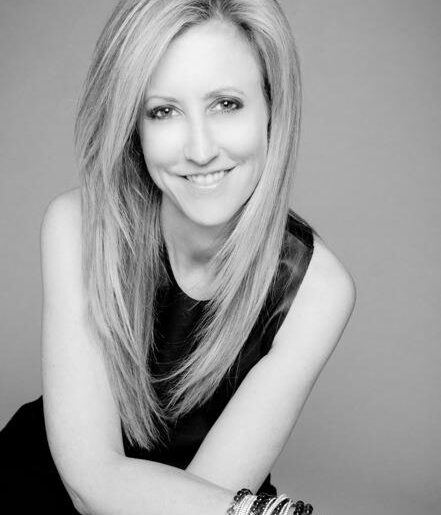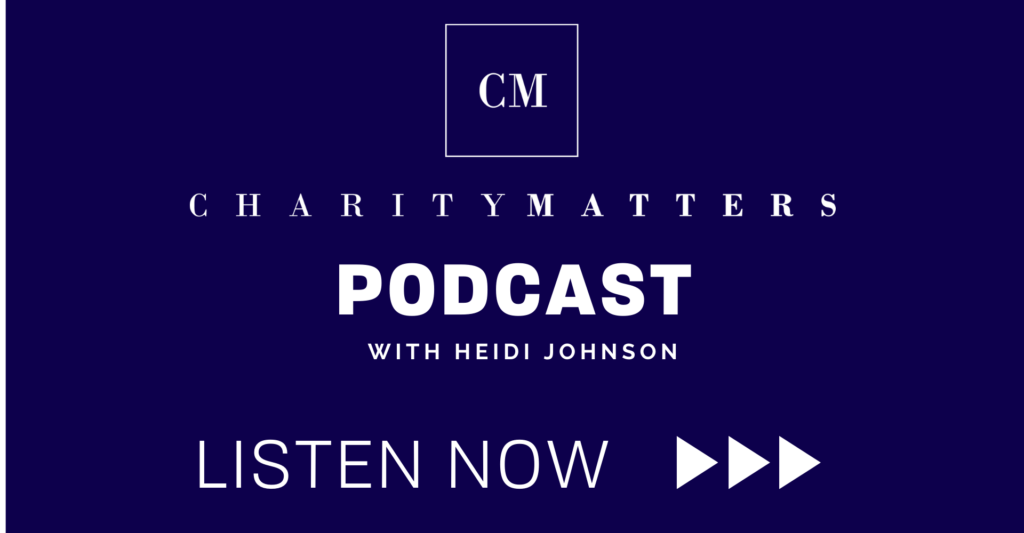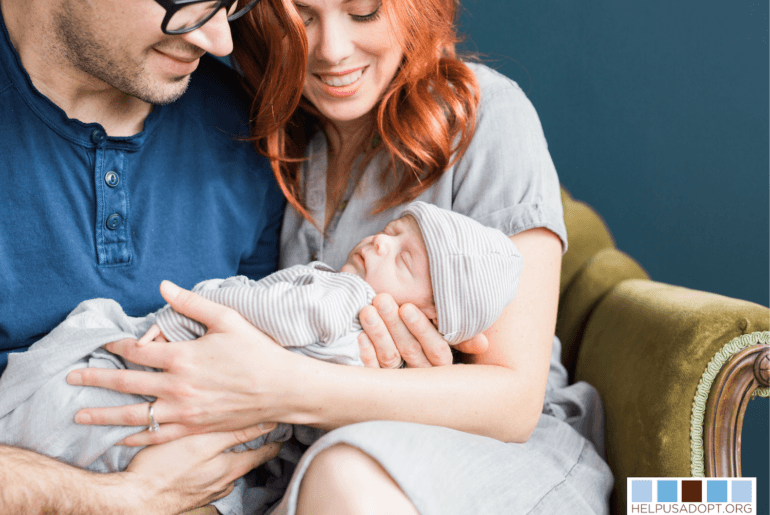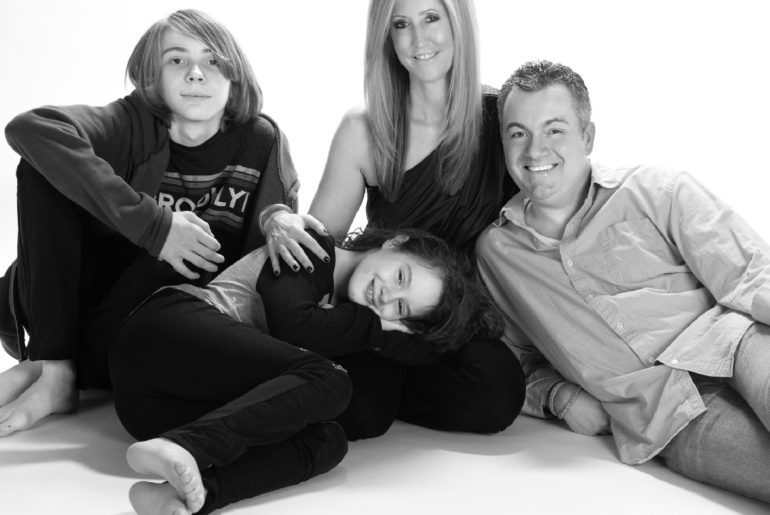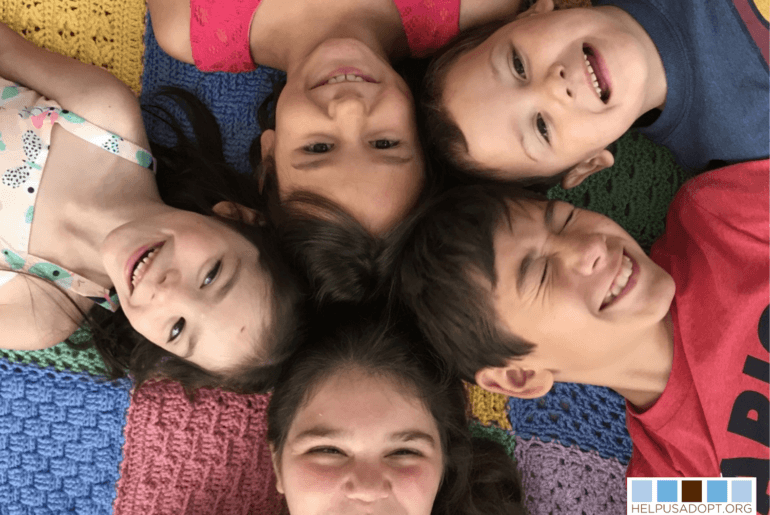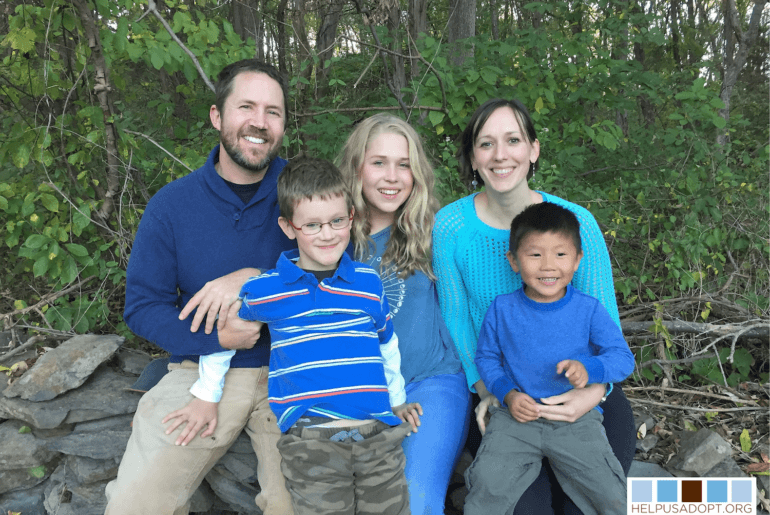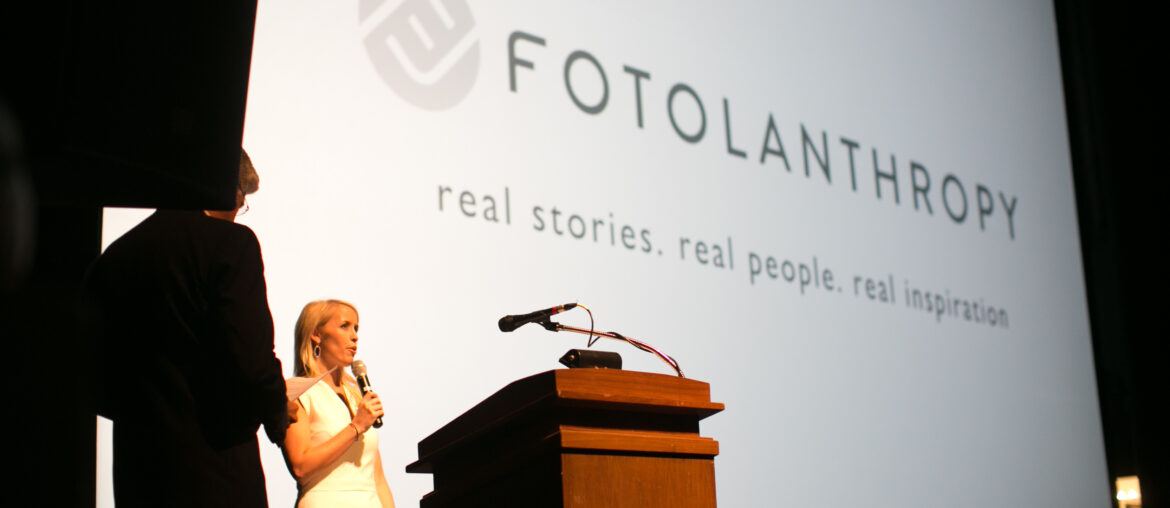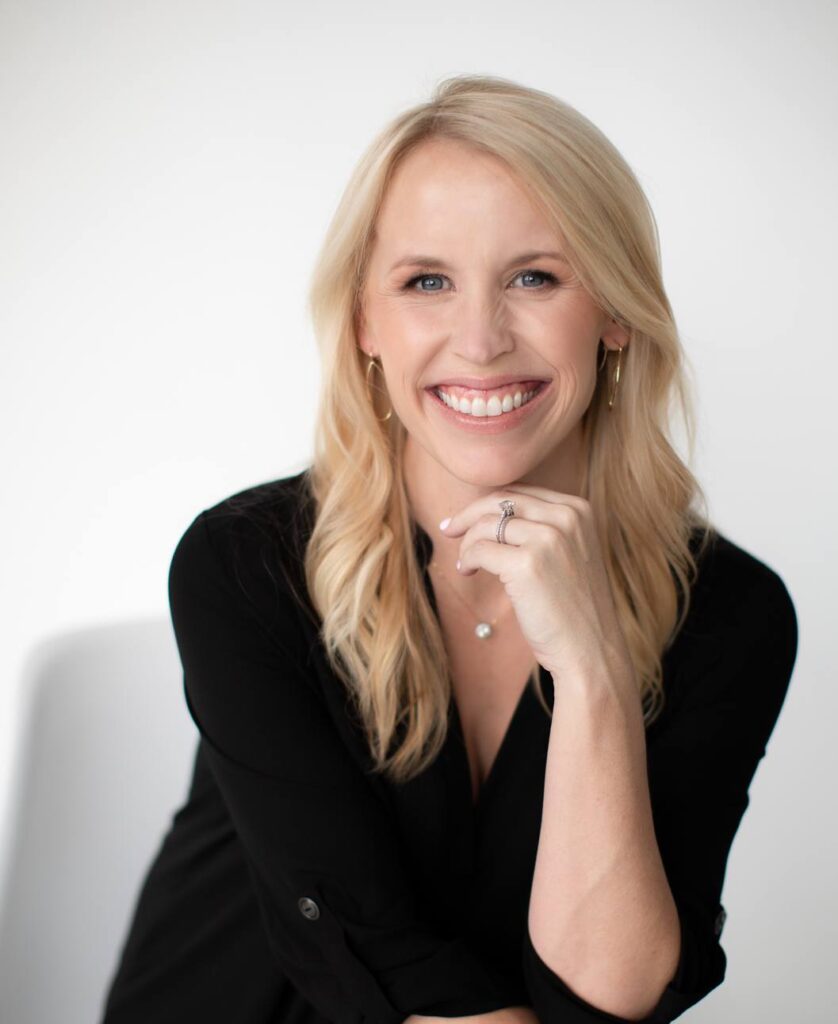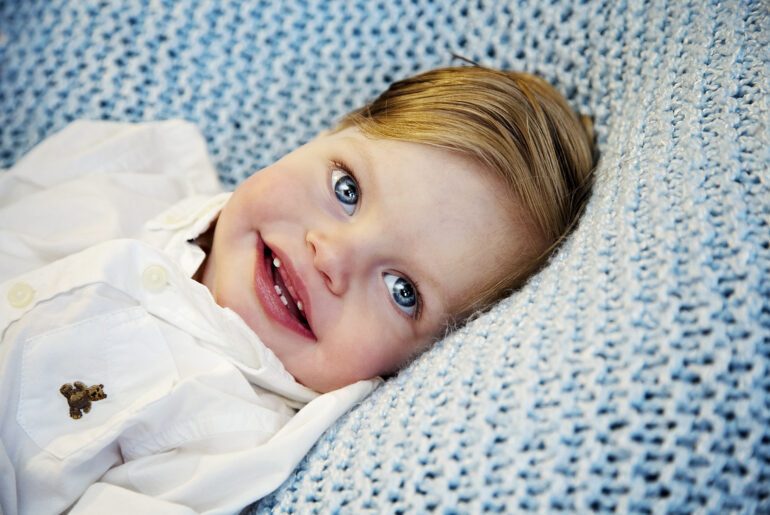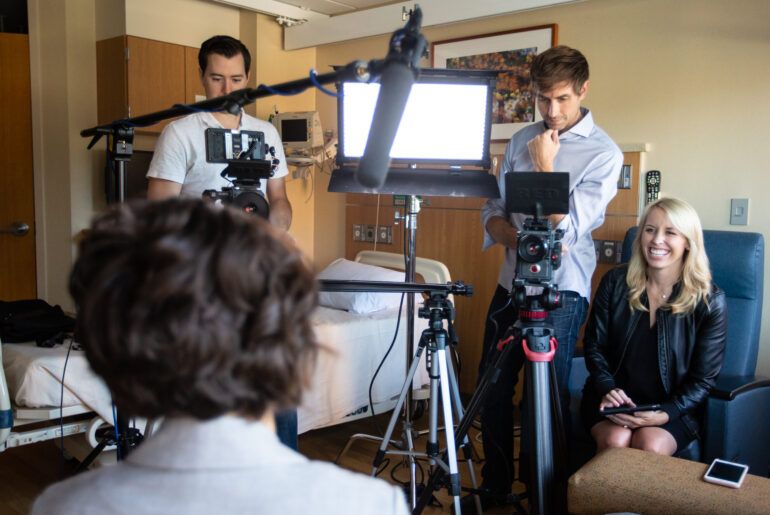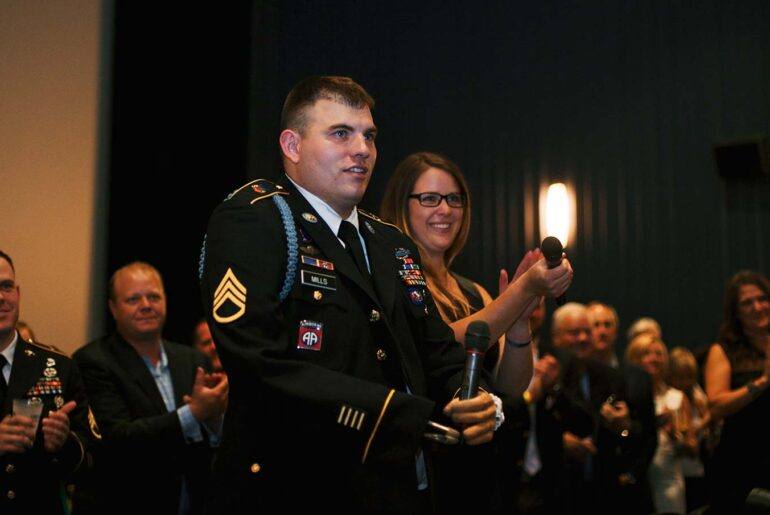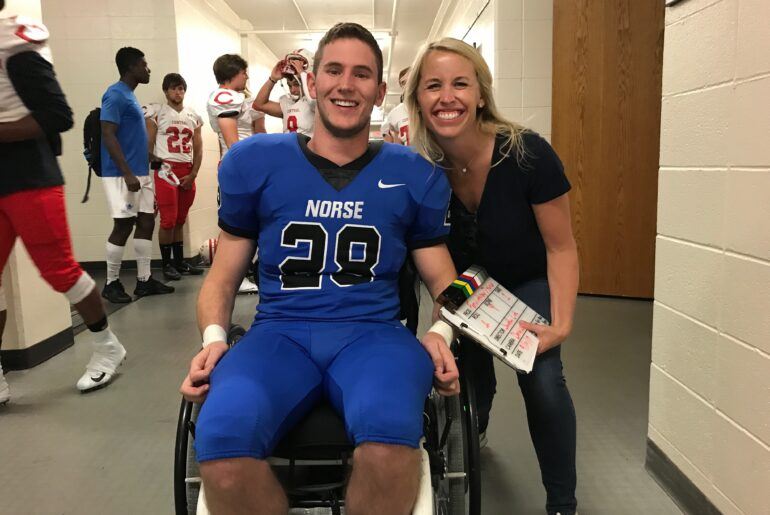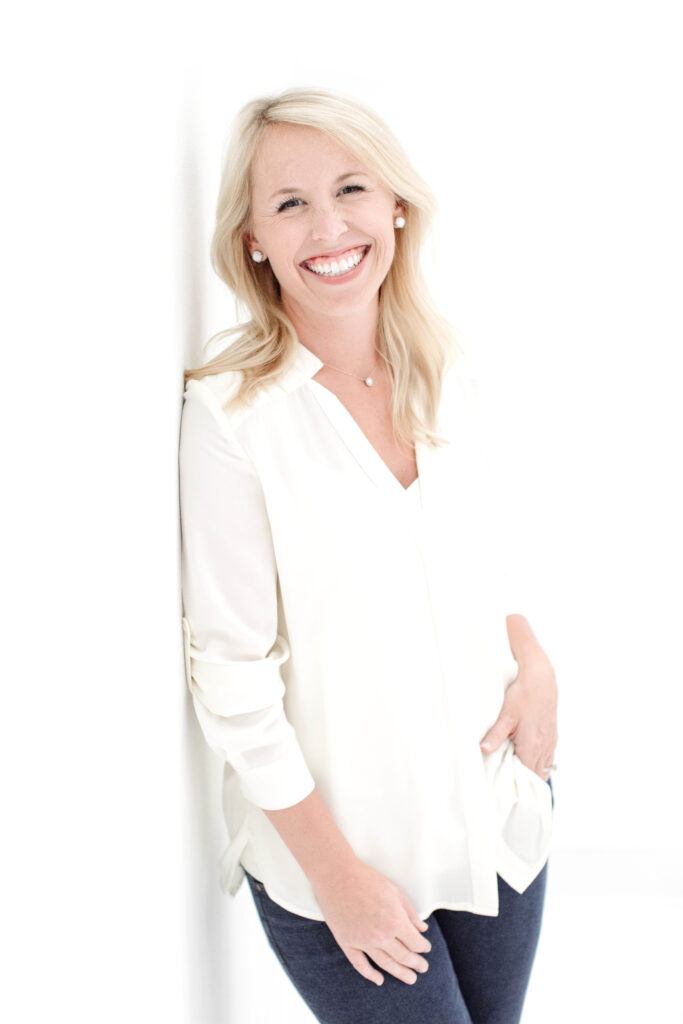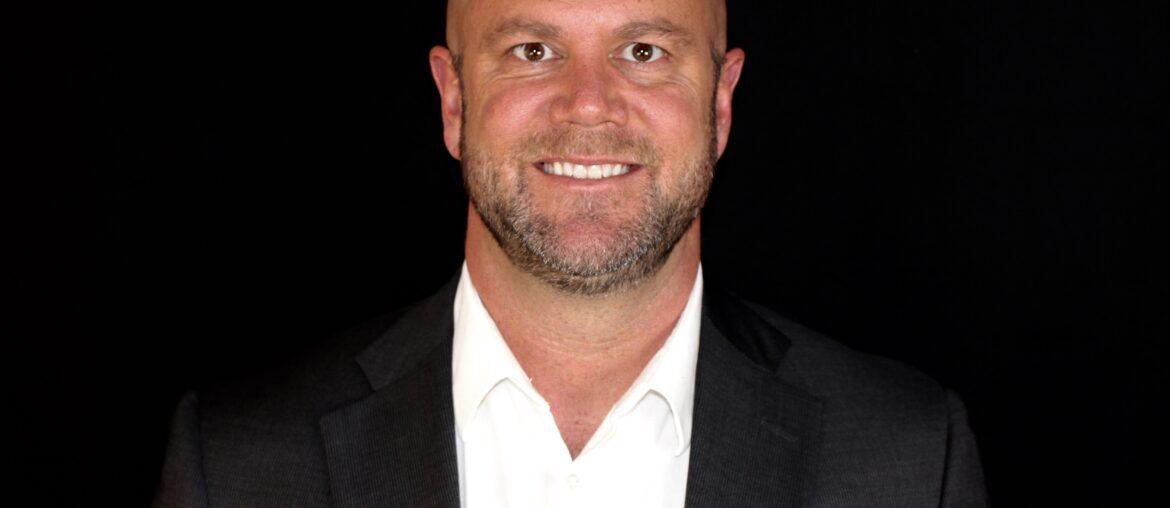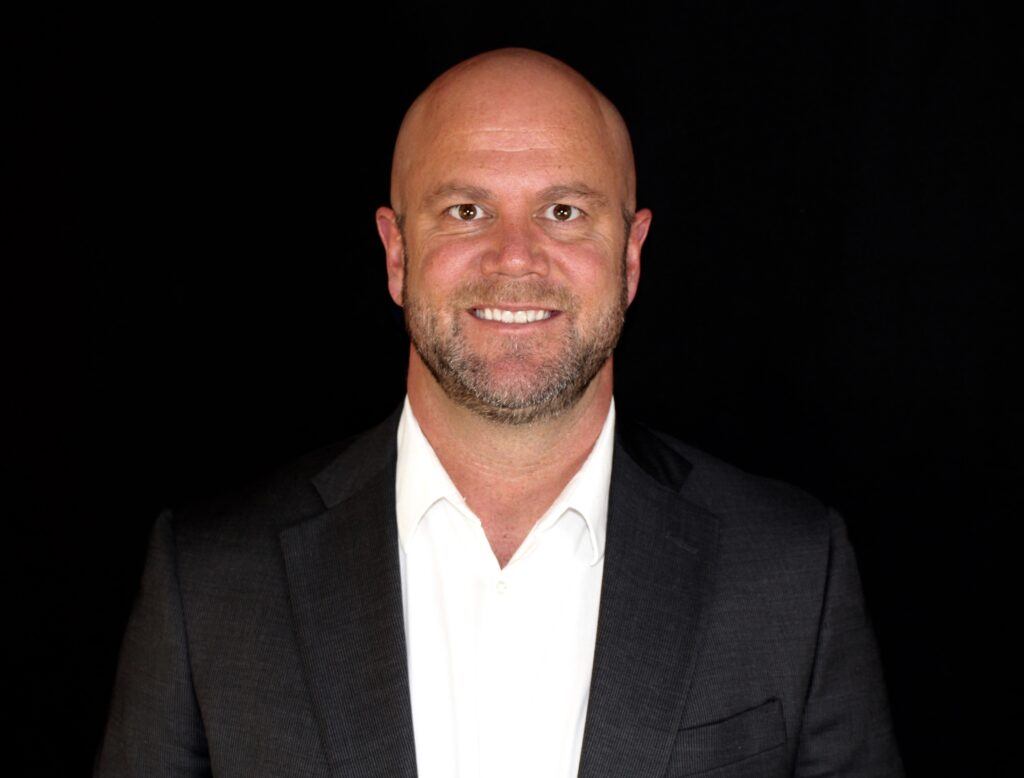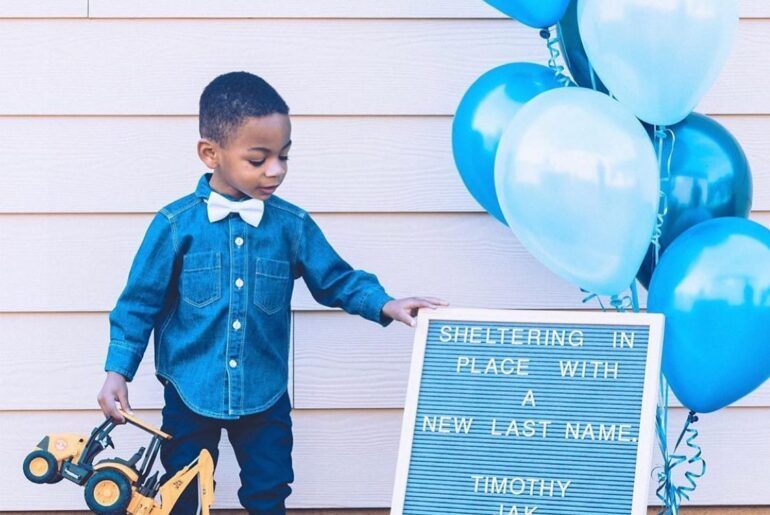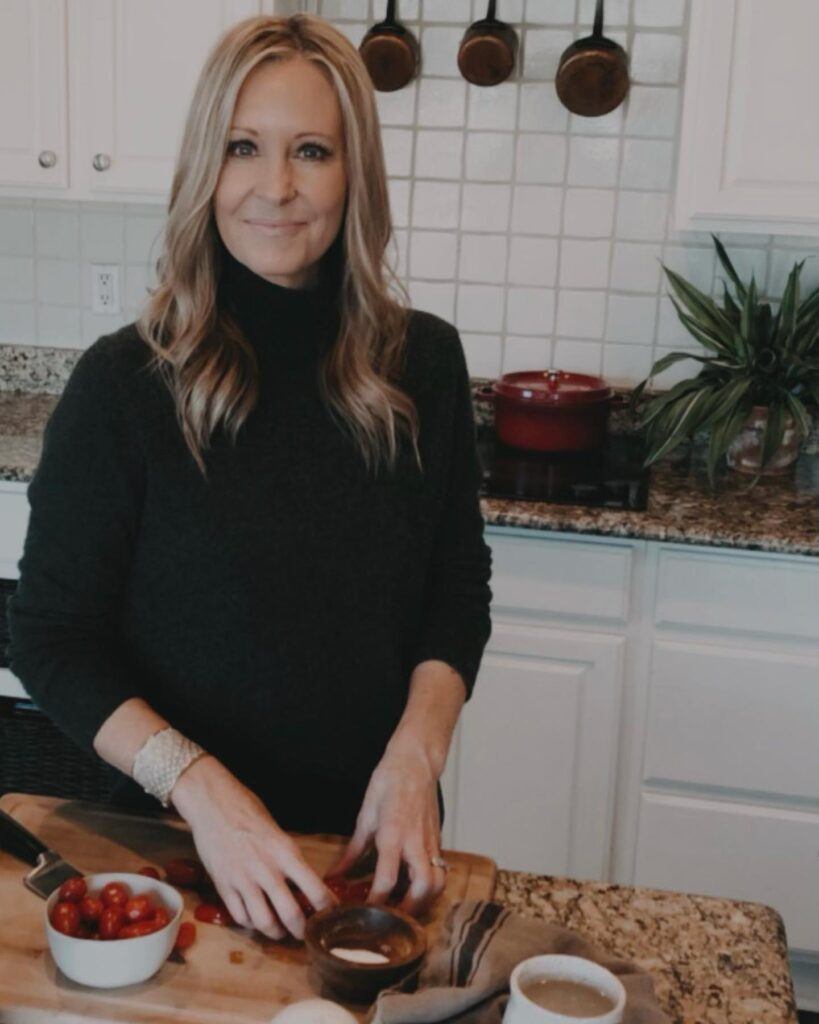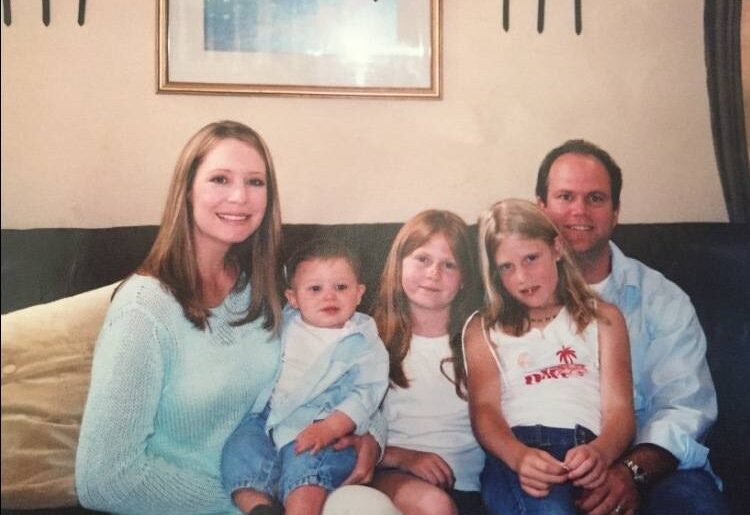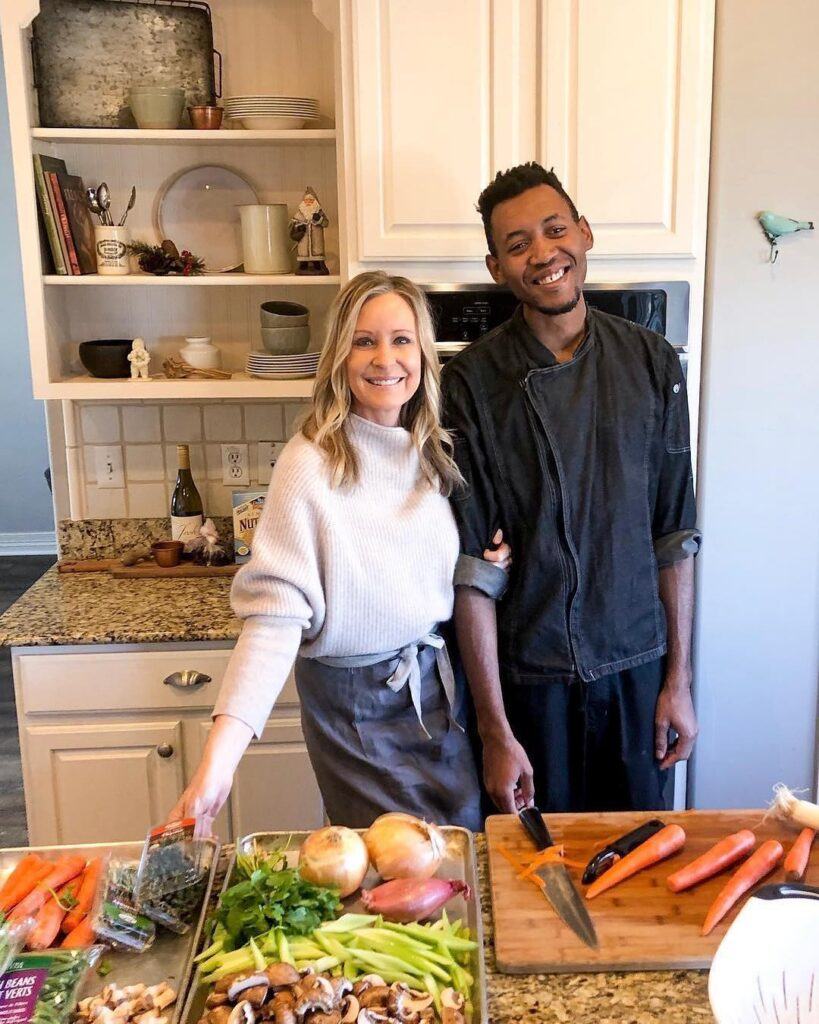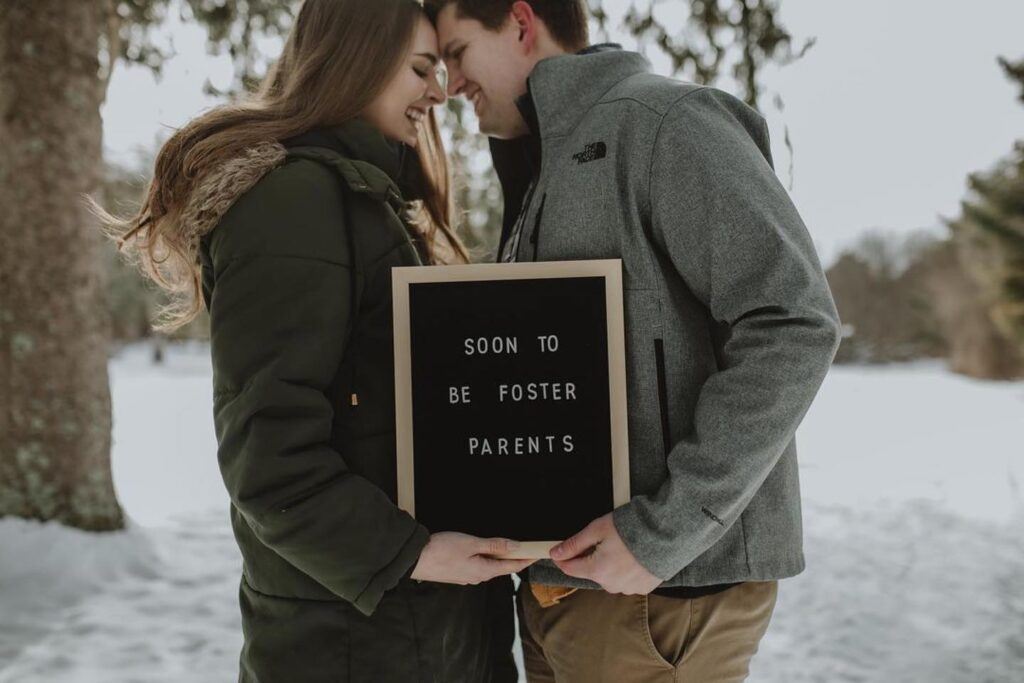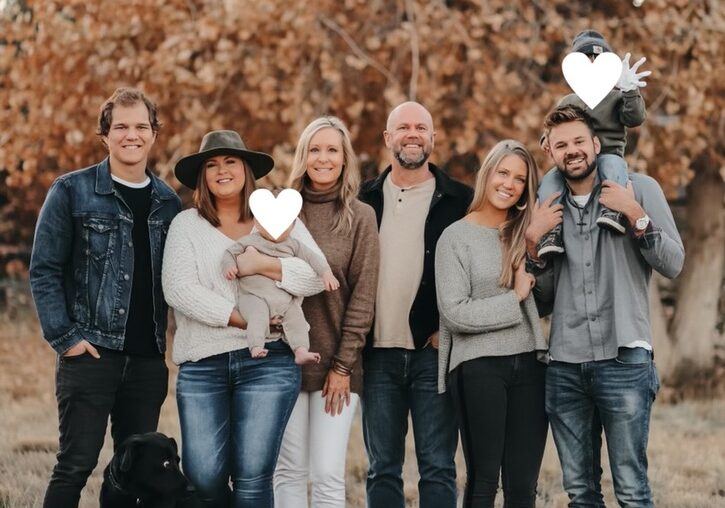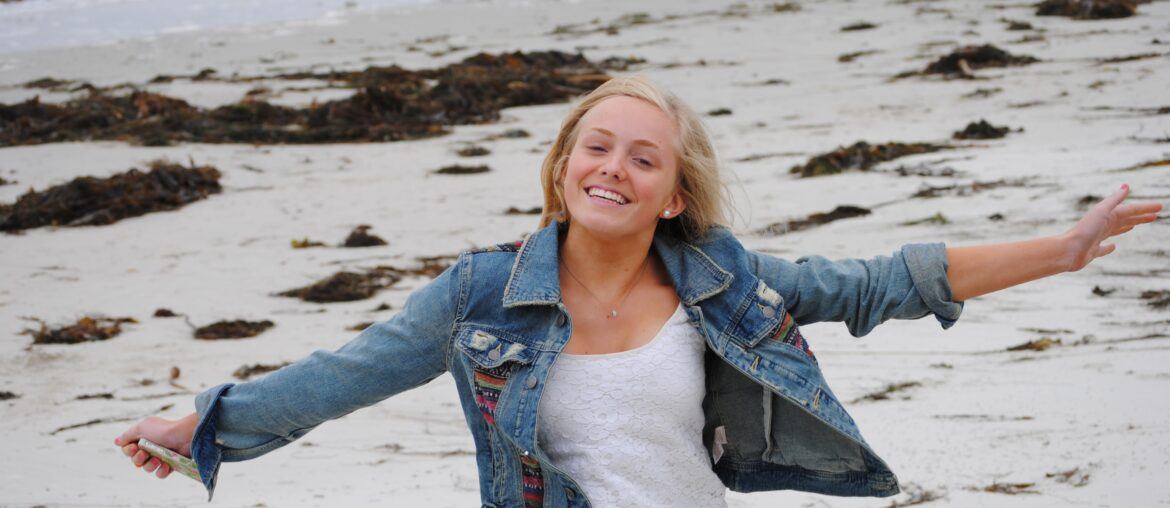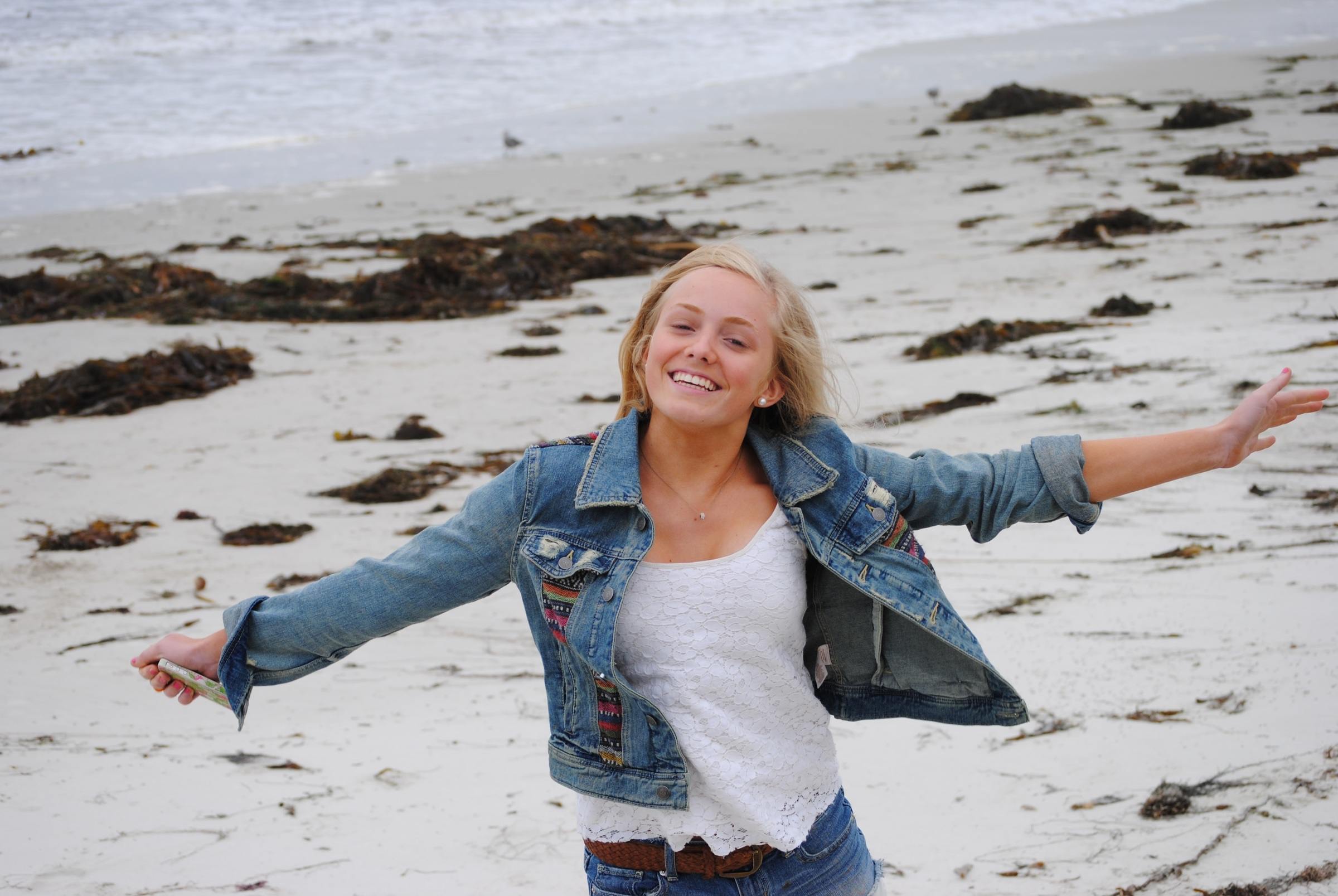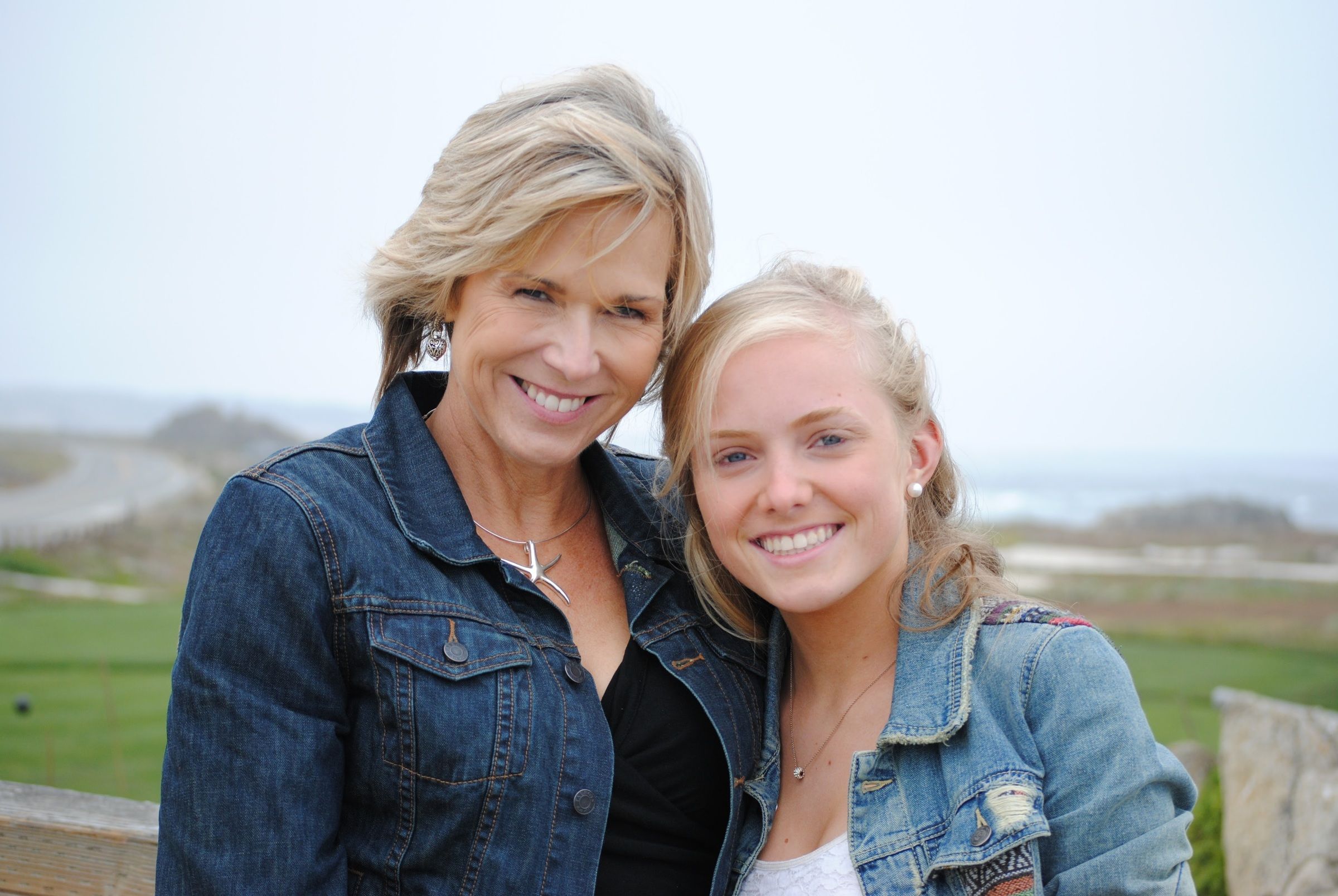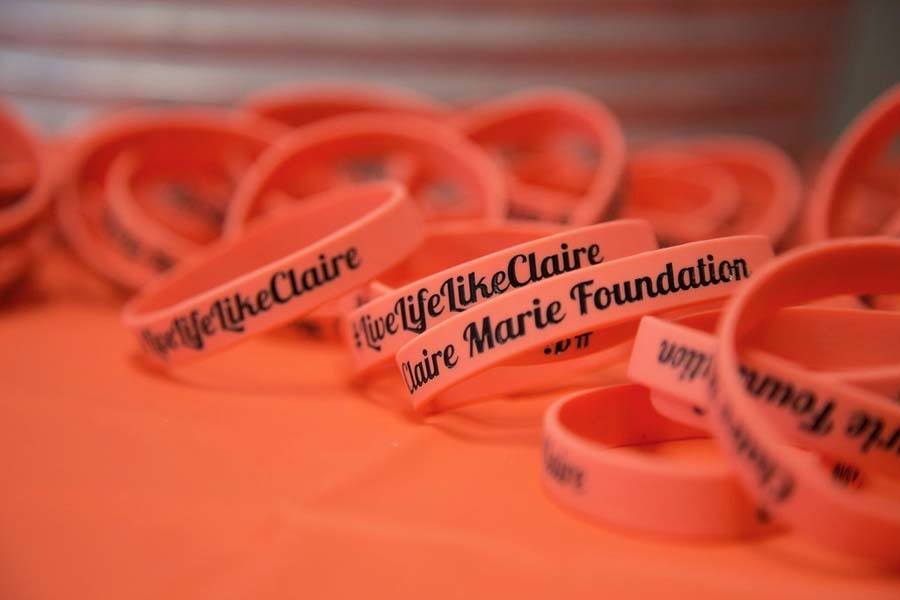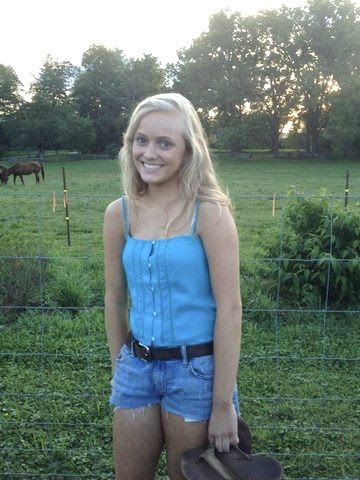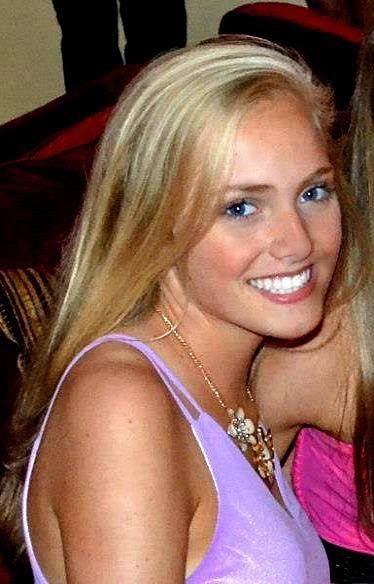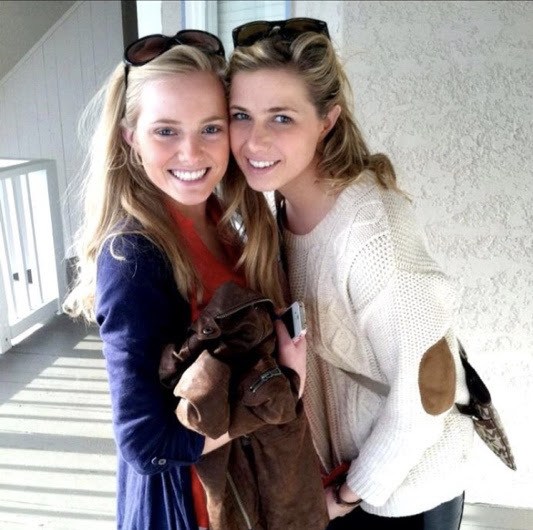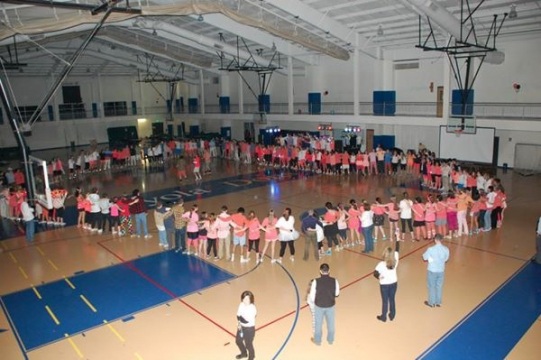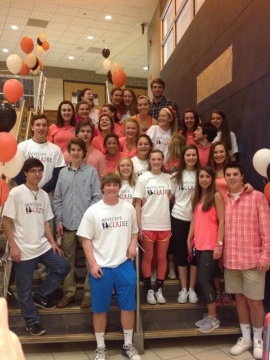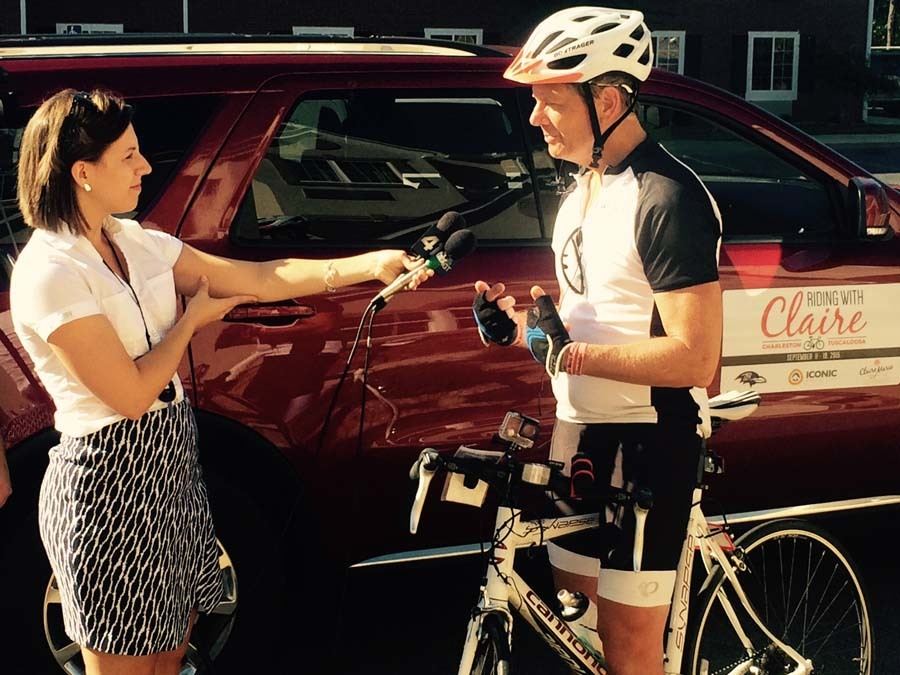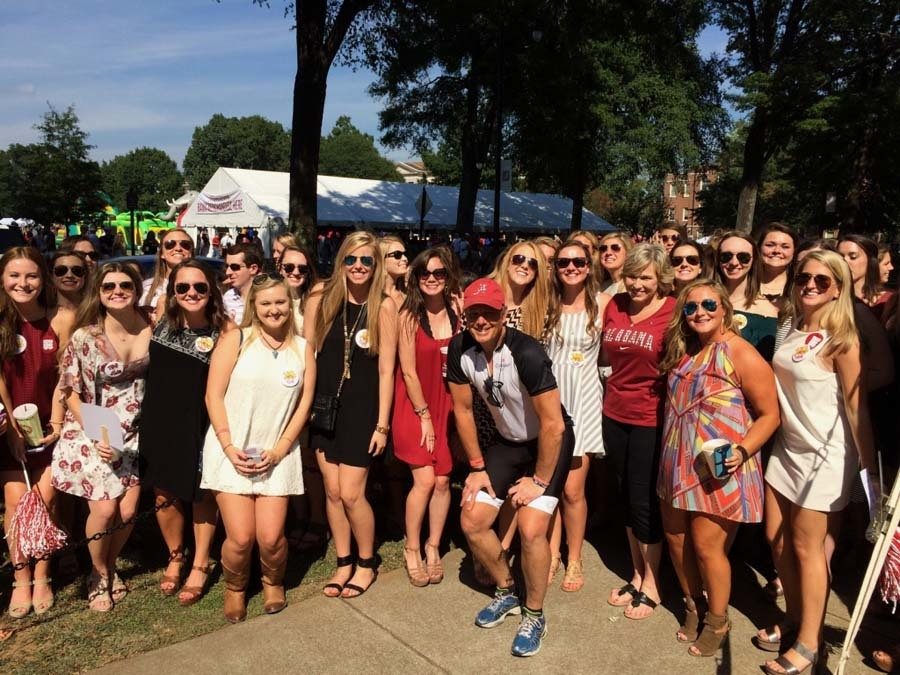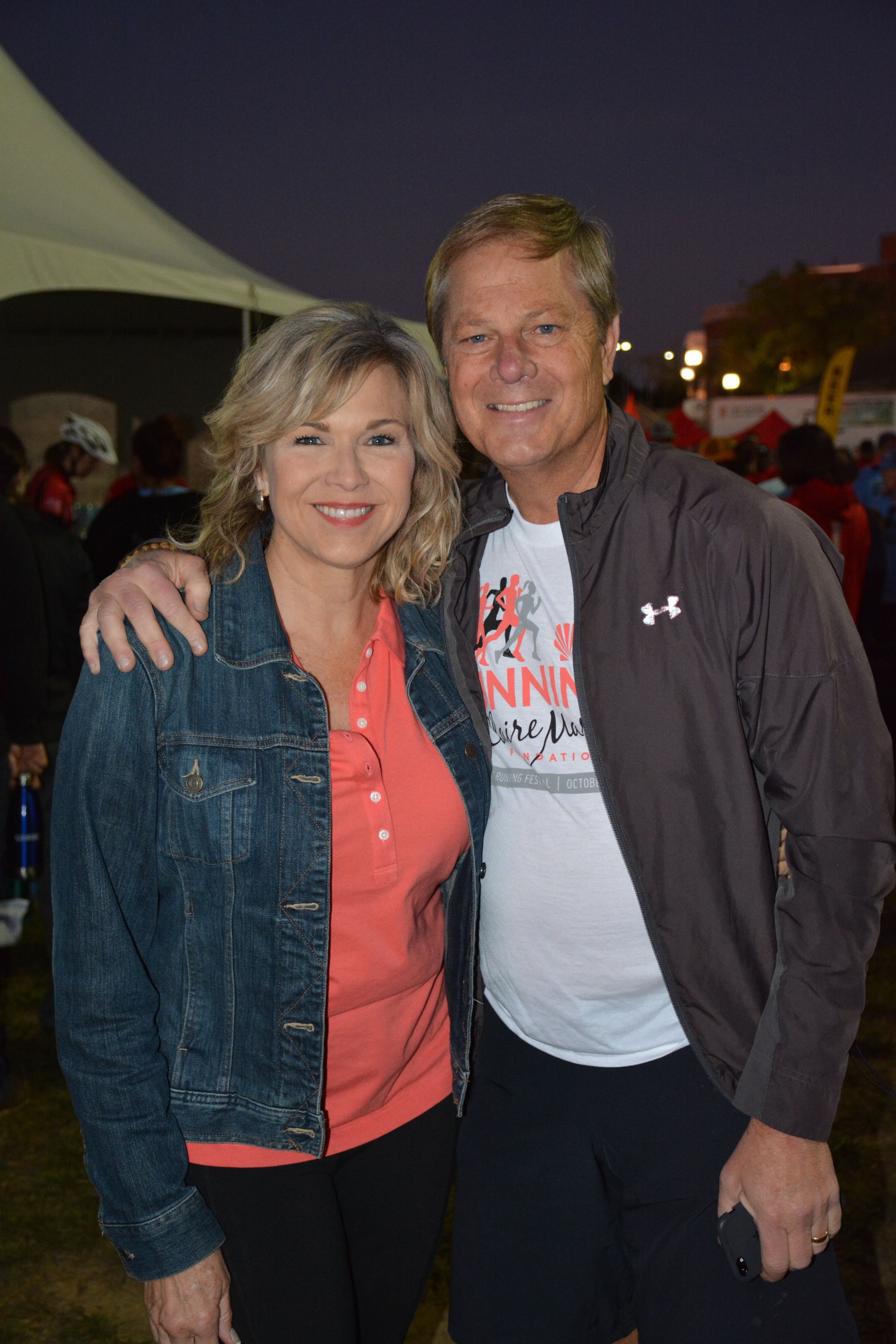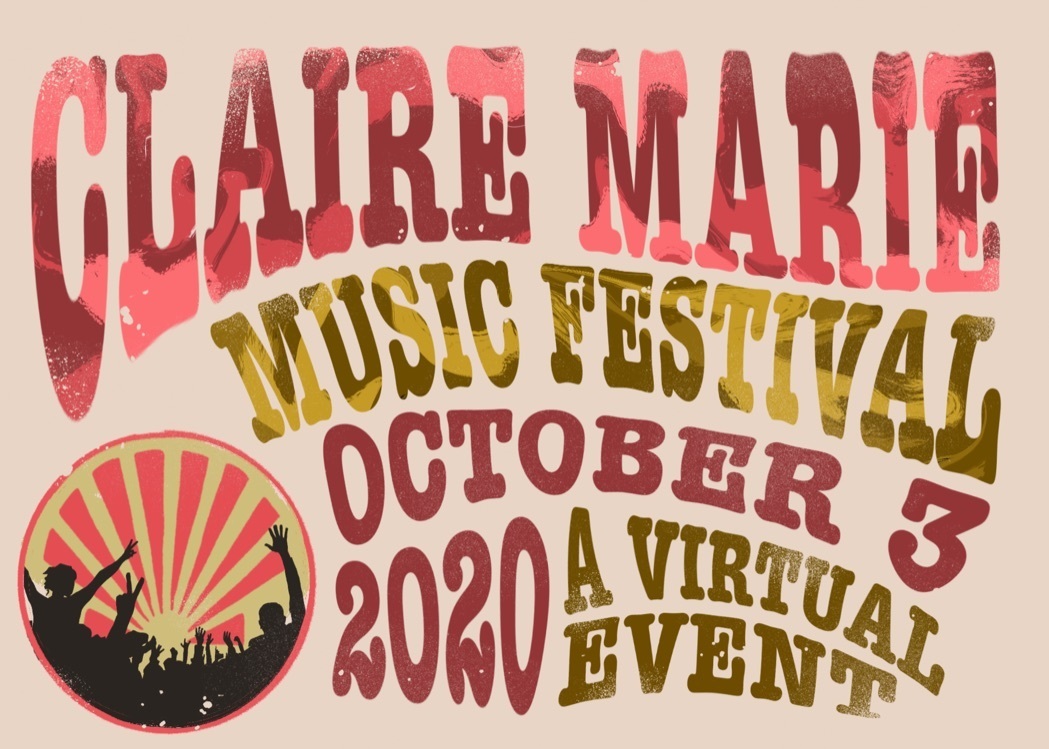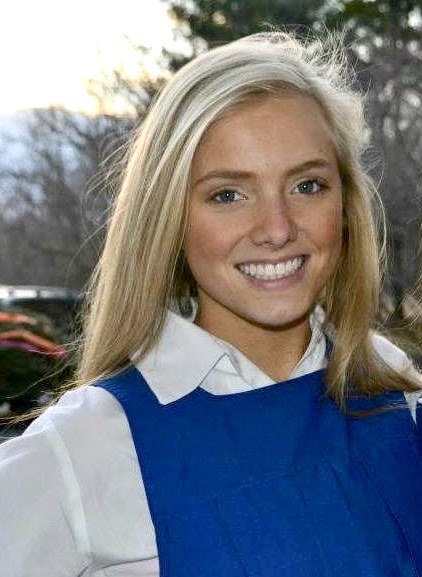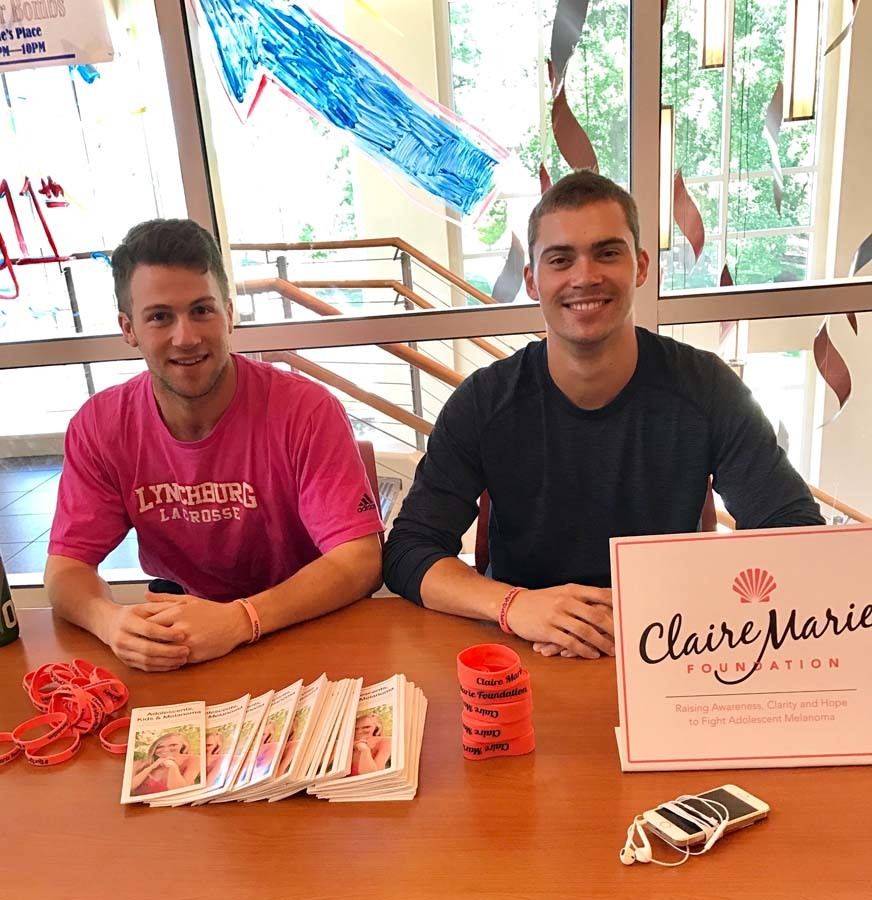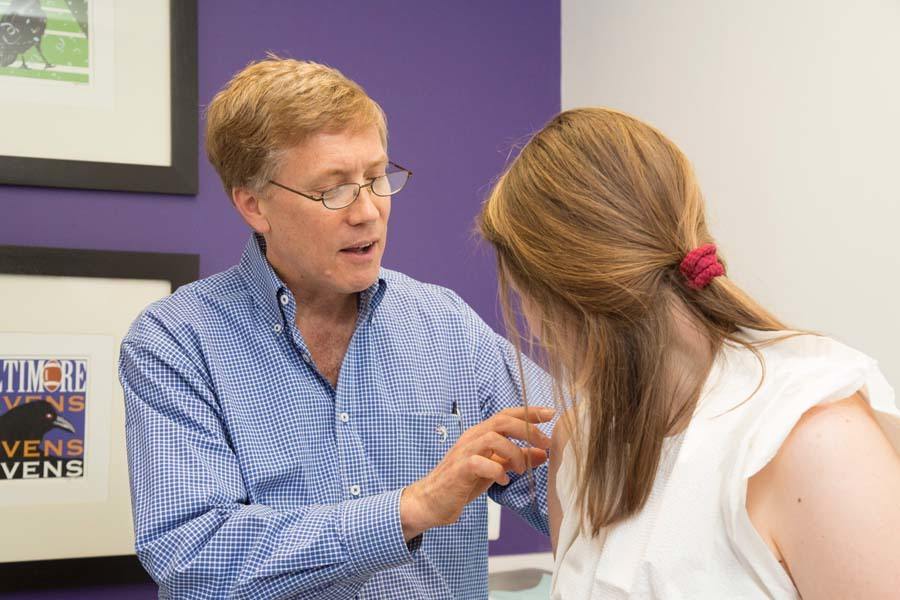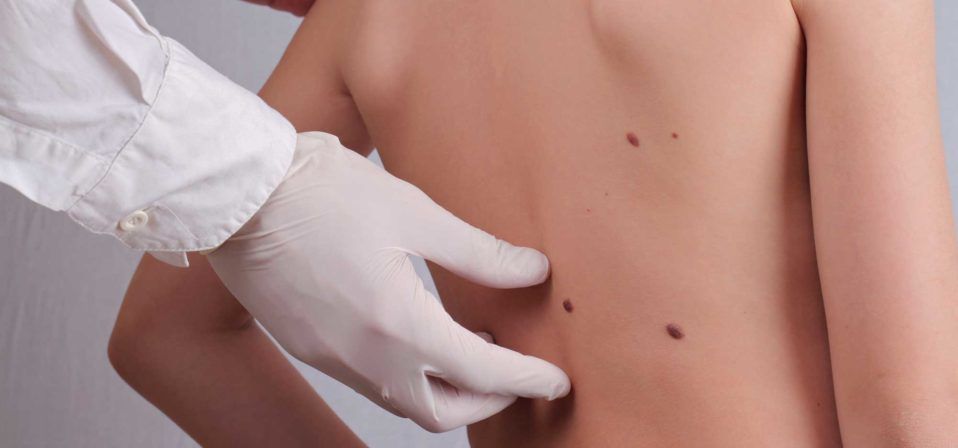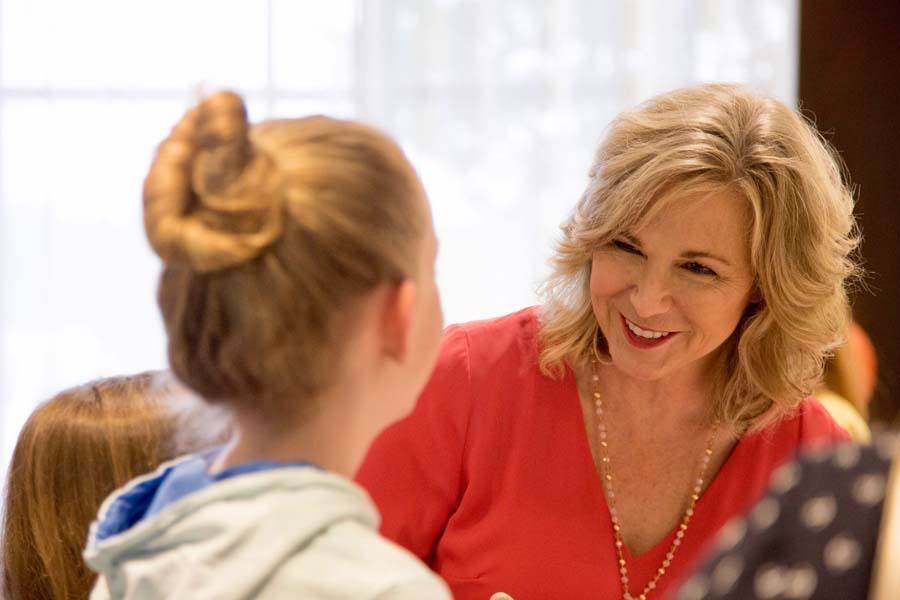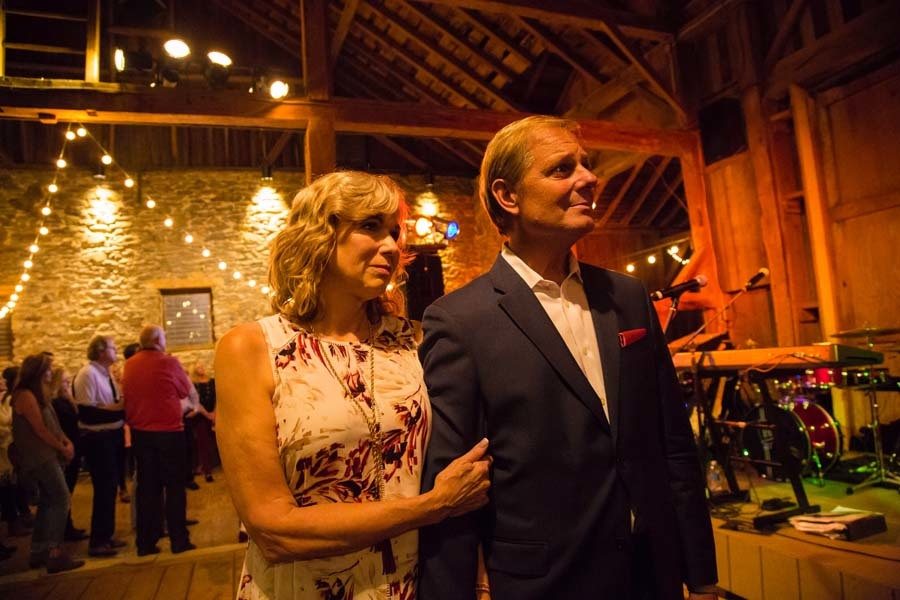You may remember that in February I went to an incredible event hosted by the publisher of my upcoming book. At that event, I was thrilled to finally meet Cindy Witteman in person. Cindy is the nonprofit founder of Driving Single Parents. We had already connected in so many ways so it was a treat to be in person together. In addition to being a nonprofit founder, Cindy has already written a number of books, hosts a TV show called the Little Give and is now launching a magazine called FORCE. There is no better word to describe my new friend than a serious force.
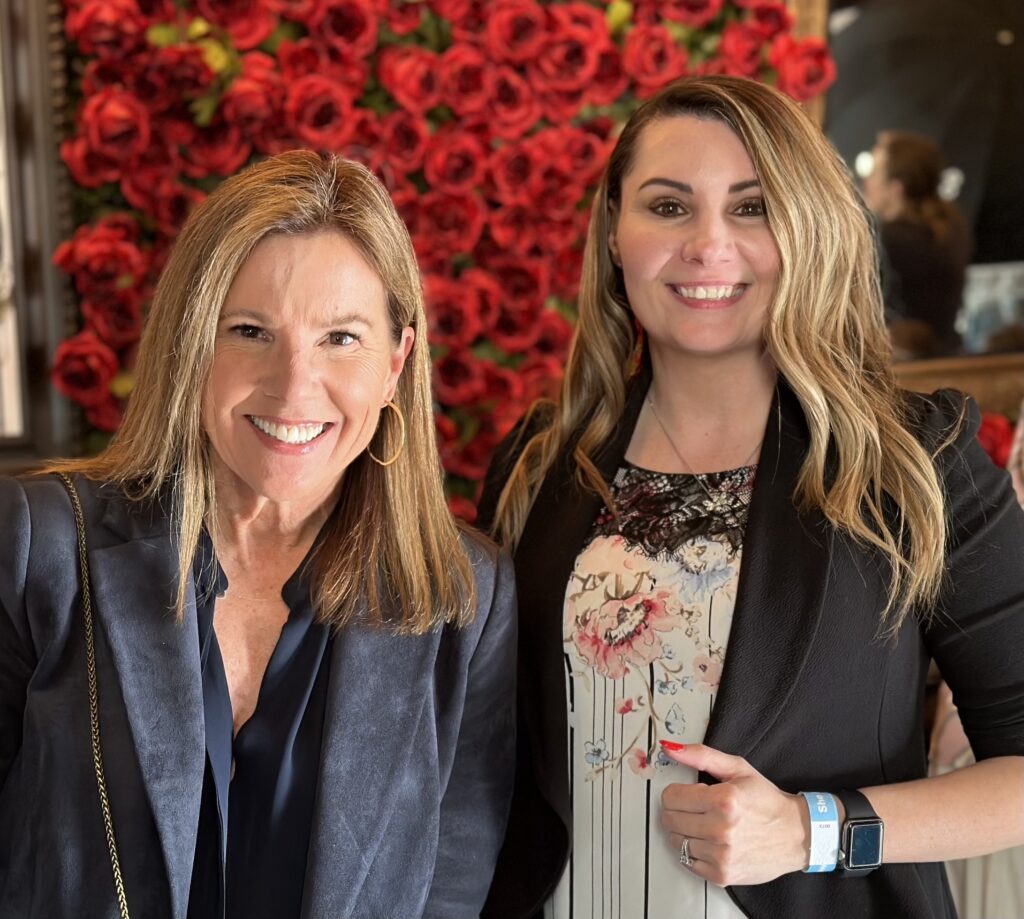
I was incredibly flattered when Cindy asked me to write about my thoughts on “force” for her premiere issue. Even more exciting, is the fact that Cindy has asked me to become a regular columnist for the magazine contributing monthly and having a Charity Matters column. FORCE Magazine will be available in 13 countries and sold in over 10,000 retailers, so you can imagine how excited I am! For the first issue, I was asked to write in third person which isn’t my usual voice and was actually difficult becaise I am so comfortable talking to you in first person. Here is a little of what I shared about what it means to become a FORCE for good.
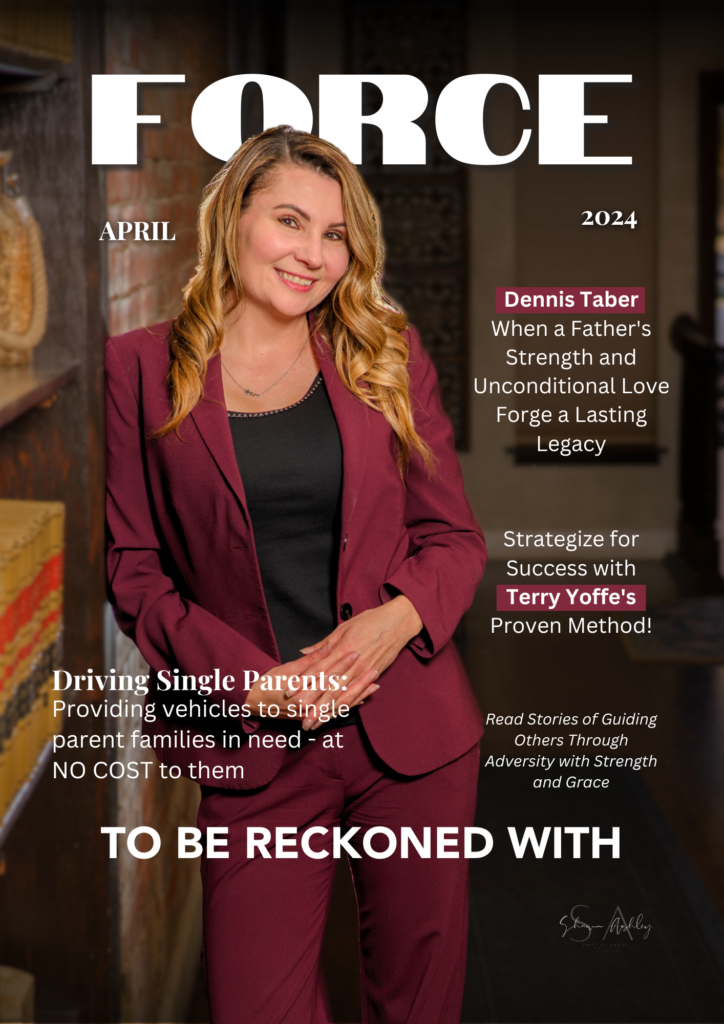
In a world often marked by individual pursuits and ambitions, there exists a powerful force—the act of giving back. It’s a force that transcends personal boundaries, offering the potential to create lasting positive impacts. The ability to harness one’s own personal force for good, by serving others through involvement with nonprofits and charities, becomes a formidable tool in shaping a better world.
Within each of us resides an innate force—a unique blend of skills, resources, and passion. While this force can certainly be directed towards personal gain, its true potential lies in its capacity to contribute to the well-being of others. By recognizing and embracing this inherent power, one can become a force for good, driving positive change and making a meaningful difference in the lives of those less fortunate.
In the United States alone, there are approximately 1.6 million nonprofit organizations, each serving as a powerful vehicle for channeling personal force towards societal betterment. These nonprofits were all founded by individuals who recognized a problem and were determined to find a solution. They are remarkable individuals dedicated to addressing various social, environmental, and humanitarian issues. Each nonprofit founder is a living example of being a force for good. By understanding the impact of nonprofits, we can strategically engage with these organizations to amplify their force for good and our own.
One poignant example of the transformative power of collective giving is Meals on Wheels. Founded by Enid Borden and supported by a volunteer army of 2 million, Meals on Wheels is the largest hunger-relief organization for senior citizens in the United States. Every day, they provide meals to over a million elderly individuals across the country. Enid Borden aptly summarizes the essence of giving back, stating, “The biggest problem we have is that there are many charities… So which one is more valuable than another? The answer is they’re all valuable, they’re all worthy, and they all need help. My message is just give. I always tell people: Once you give something back, whether it is a meal or something else, you’re hooked. It doesn’t pay monetarily, but it pays spiritually.”
While Meals on Wheels exemplifies the impact of large nonprofits, it’s important to recognize that every nonprofit started with one founder. The power of giving back extends beyond financial contributions or organizational affiliations; it encompasses individual efforts that, when combined, create a significant force for good. Volunteering time, skills, or expertise to local charities or community initiatives amplifies the impact on a smaller scale but with no less significance.
Charities, regardless of size, often rely on the dedication of community members to address specific needs. Whether it’s assisting at a food bank, participating in neighborhood clean-ups, or mentoring youth, individuals contribute to improving their communities. The collective force of these small-scale efforts enhances the overall well-being of their communities.
Most nonprofit organizations benefit from individuals offering their specific skills and expertise. Professionals in fields such as marketing, legal services, or IT can provide valuable assistance to organizations that may lack these resources. By leveraging their unique skills, individuals become a force for good, enabling nonprofits to operate more efficiently and effectively. Organizations like www.catchafire.org serve as terrific resources to connect skills to a nonprofit’s needs.
In harnessing the power of giving back, individuals become agents of positive change. Nonprofits and charities provide structured platforms for directing personal force towards addressing pressing societal issues. By contributing time, resources, or expertise to these organizations, individuals amplify their impact and collectively shape a better world.
When we acknowledge the inherent goodness in people, it becomes natural to want to be of service to them. By providing value to others, not only do we help them, but we also enrich ourselves. This cycle of giving and receiving fosters an upward spiral of positive energy and change, strengthening the force for good in the world.
This force for good resides within each of us, waiting to be unleashed. As individuals recognize their unique abilities and align them with the missions of nonprofits and charities, they not only improve the lives of others but also experience the profound fulfillment that comes from being a force for good.
CHARITY MATTERS.
YOUR REFERRAL IS THE GREATEST COMPLIMENT, IF YOU ARE SO MOVED OR INSPIRED, WE WOULD LOVE YOU TO SHARE AND INSPIRE ANOTHER. If you enjoyed today’s episode, please connect with us:
- www.Charity-Matters.com
- On IG @Charitymatters
- Post a screenshot & key takeaway on your IG story and tag me @heidijohnsonoffical and @Charitymatters so we can repost you.
- Leave a positive review on Apple Podcasts
- Subscribe to new episodes each week!
Copyright © 2024 Charity Matters. This article may not be reproduced without explicit written permission; if you are not reading this in your newsreader, the site you are viewing is illegally infringing our copyright. We would be grateful if you contact us.


